Κείμενο
Σήμερα θα σας παρουσιάσω 10 τροφές που είναι πλούσιες σε Β12, έτσι ώστε να τις έχετε στη διατροφή σας για να εξασφαλίζεται επάρκεια σε αυτή την τόσο σημαντική βιταμίνη. Συκώτι και νεφρά ζωικής προέλευσης. Ξεκινώντας θέλω να ξεκαθαρίσω ότι εγώ δεν συστήνω ποτέ και σε κανέναν να καταναλώνει συκώτι και νεφρά από κανένα ζώο για τον απλούστατο λόγο ότι υπάρχουν πολλές μελέτες που έχουν δείξει ξανά και ξανά ότι αυτά είναι πολύ επιβαρυμένα με τοξίνες. Ειδικά τα βαρέα μέταλλα και οι διοξίνες βρίσκονται σε πολύ μεγάλες συγκεντρώσεις σε αυτά τα όργανα, ειδικά σε ζώα που βόσκουν κοντά σε περιοχές που στο παρελθόν είχε εμφανιστεί πυρκαγιά. Αυτό πρακτικά μας λέει ότι τα ζώα που βόσκουν σε ένα μεγάλο μέρος της Ελλάδας είναι πολύ επιβαρυμένα με διοξίνες και βαρέα μέταλλα, από τα οποία γεμίζει μία περιοχή μετά από μία πυρκαγιά. Άκουω λοιπόν ξανά και ξανά στο ιατρείο ανθρώπους να τους έχουν συμβουλέψει κάποιοι ειδικοί να καταναλώνουν συκώτι για να καλύψουν τις ανάγκες τους σε κάποια θρεπτικά συστατικά. Εγώ δεν συμφωνώ με αυτό. Θεωρώ ότι είναι επικίνδυνο, γιατί είναι δύσκολο να ξέρουμε αν το συγκεκριμένο συκώτι από το ζώο είναι επιβαρυμένο σε διοξίνες και βαρέα μέταλλα. Θυμίζω ότι οι διοξίνες και τα βαρέα μέταλλα είναι τοξίνες που δεν αποβάλλονται σχεδόν ποτέ. Άρα το συκώτι και τα νεφρά ζωικής προέλευσης είναι πάρα πολύ πλούσια σε Β12, αλλά δεν πρέπει να τα καταναλώνετε σχεδόν ποτέ. Μύδια. Τα μύδια είναι πολύ πλούσια σε πρωτεΐνες και βιταμίνες και άλλα θρεπτικά συστατικά και καλό είναι να τα συμπεριλάβετε συχνά στη διατροφή σας. Υπολογίζεται ότι μόλις 20 μύδια περιέχουν αρκετή Βιταμίνη Β12 ώστε να υπερκαλύπτουν τις ημερήσιες ανάγκες σας κατά 70 φορές! Μάλιστα συνυπολογίζοντας ότι η βιταμίνη Β12 αποθηκεύεται στο σώμα ικανοποιητικά, εξασφαλίζοντας ένα γεύμα με μύδια μερικές φορές το μήνα έχετε καλύψει σε μεγάλο βαθμό τις ανάγκες σας σε βιταμίνη B12 μόνο από αυτά. Καθώς υπάρχουν αρκετοί ιχθυοχορτοφάγοι, άνθρωποι δηλαδή που αποφεύγουν το κρέας αλλά τρώνε ψάρια και θαλασσινά, που

θεωρούμε ότι βρίσκονται σε κίνδυνο για έλλειψη βιταμίνης Β12, σε περίπτωση που έχετε περιορίσει το κρέας αλλά τρώτε ακόμα ψάρια και θαλασσινά, μην αμελείτε να τρώτε μύδια μερικές φορές το μήνα. Επίσης, αν φτιάξετε μύδια αχνιστά, αυτό το υπέροχο ζουμάκι μου μένει στην κατσαρόλα να ξέρετε ότι είναι πάρα πολύ πλούσιο σε βιταμίνη Β12. Μην το σνομπάρετε! Σαρδέλες. Όσοι παρακολουθείτε αρκετό καιρό το κανάλι ξέρετε ότι σαρδέλες είναι το αγαπημένο μου ψάρι, γιατί είναι εξαιρετικά πλούσιο σε πολλά θρεπτικά συστατικά και θεωρώ ότι είναι πάρα πολύ νόστιμο. Μόλις 150 γραμμάρια σαρδέλες θα καλύψουν τις ανάγκες σας για Β12 για 5 μέρες. Δεν είναι και άσχημα για ένα ψάρι που είναι και τόσο πλούσιο στα πολύτιμα ωμέγα-3. Μοσχάρι. Το μοσχάρι έχει λιγότερη βιταμίνη Β12 από τις σαρδέλες, για αυτό χρειάζεται η διπλάσια ποσότητα για να καλύψει τις ανάγκες σας για πεντέμισι μέρες, πού είναι περίπου 200 γραμμάρια. Αν θέλετε να επιλέξετε το μοσχάρι με τη μεγαλύτερη περιεκτικότητα σε βιταμίνη Β12, τότε επιλέξτε κομμάτια από το μοσχάρι με το λιγότερο δυνατό λίπος, γιατί το λίπος δεν περιέχει βιταμίνη Β12. Δημητριακά ενισχυμένα με βιταμίνη Β12. Τα δημητριακά ευρείας κυκλοφορίας, αν και δεν είναι κάτι που συστήνω κάποιος να τρώει συστηματικά, συχνά είναι ενισχυμένα σε βιταμίνη Β12. Έχει προστεθεί δηλαδή Βιταμίνη Β12 στο μείγμα παρασκευής, όπως και άλλες βιταμίνες. Με αυτό τον τρόπο εξασφαλίζεται ότι τα άτομα που δεν τρώνε ζωικές τροφές έχουν επάρκεια σε βιταμίνη Β12. Μία μερίδα δημητριακά που είναι ενισχυμένα με βιταμίνη Β12 συνήθως καλύπτει το 25 με 50% των ημερήσιων αναγκών μας. Τόνος. Από τα ψάρια, και ο τόνος είναι πάρα πολύ πλούσιος σε βιταμίνη B12, καθώς μόλις 100 γραμμάρια τόνου καλύπτει τις ανάγκες μας για τέσσερις ημέρες. Η περιεκτικότητα σε βιταμίνη Β12 στο λευκό τονο, αυτόν δηλαδή που συνήθως βρίσκεται στις κονσέρβες, είναι πολύ μικρότερη, Αλλά και πάλι μία τυπική κονσέρβα καλύπτει τις ανάγκες μας για μιάμιση μέρα. Πέστροφα. Η πέστροφα θεωρώ ότι είναι ένα από τα ψάρια που έχει

καταπληκτική σχέση κόστους θρεπτικών, πράγμα που σημαίνει ότι με πολύ λίγα χρήματα αγοράζουμε πολύ υψηλής ποιότητας ζωική πρωτεΐνη με πάρα πολλά Ω3 και βιταμίνη D, καθώς και αξιόλογες ποσότητες βιταμίνης Β12. Μόλις 100 γραμμάρια πέστροφα καλύπτουν τις ανάγκες μας σε Β12 για τρεις μέρες. Σολομός. Και ο σολομός είναι πλούσιος σε βιταμίνη Β12, αν και θα πρέπει να καταναλώσουμε λίγο παραπάνω από 100 γραμμάρια για να καλύψουμε τις ημερήσιες μας ανάγκες, πράγμα που σημαίνει ότι έχει τρεις-τέσσερις φορές λιγότερη βιταμίνη Β12 από την πέστροφα που είναι πολύ πιο οικονομική και συνήθως πολύ πιο ασφαλής. Σε προηγούμενο βίντεο έχω προτείνει να επιλέγετε σολομό από Ελληνικές ιχθυοκαλλιέργειες για να αποφύγετε την υπερβολική έκθεση σε διοξίνες. Γαλακτοκομικά. Τα γαλακτοκομικά έχουν σχετικά αξιοπρεπή ποσότητα βιταμίνης Β12, αφού ένα ποτήρι γάλα καλύπτει τις μισές ημερήσιες μας ανάγκες και μια φέτα τυρί του τοστ περίπου το 1/4. Το καλό είναι ότι υπάρχουν αρκετές μελέτες που δείχνουν ότι η Β12 απορροφάται πιο εύκολα από το γάλα απ’ ότι το μοσχάρι, το ψάρι και τα αυγά.Όπως έχω πει επανειλημμένα τα μόνο γαλακτοκομικό που αξίζει να καταναλώνουν οι ενήλικες είναι το ζωντανό γιαούρτι με πέτσα, το κεφίρ και το ξινόγαλα. Αβγά. Τα αβγά είναι μία αρκετά παρεξηγημένη τροφή στην επιστήμη της διατροφής, γιατί είναι από τις πρώτες τροφές που δημοσιοποιήθηκαν. Αλλά, ενώ στο επιστημονικό επίπεδο έγινε κατανοητό ότι η δαιμονοποίησή τους ήταν εσφαλμένη, πολλοί άνθρωποι ακόμα πιστεύουν ότι τα αβγά κάνουν κακό στην υγεία. Τα αβγά είναι μία πλήρης τροφή που καλό είναι να περιλάβετε στη διατροφή σας, ειδικά αν μπορείτε να βρείτε καλής ποιότητας. Μόλις τέσσερα αυγά καλύπτουν τις ημερήσιες ανάγκες σε βιταμίνη Β12. Όταν έκανα ειδικότητα παθολογίας στο νοσοκομείο, πριν από περίπου 20 χρόνια, είχα κάνει μία μελέτη που κατέγραφα πόσο συχνά τα άτομα άνω των 70 έχουν έλλειψη βιταμίνης Β12. Το όριο που είχα θέσει ως έλλειψη σήμερα θα το θεωρούσα πάρα πολύ χαμηλό. Αλλά ακόμα και έτσι, είχα παρατηρήσει ότι

τουλάχιστον το 1/4 με το 1/3 των ασθενών που ερχόντουσαν στο νοσοκομείο είχαν σημαντική έλλειψη βιταμίνη Β12. Αν έκανα αυτή τη μελέτη σήμερα με αυτό που θεωρώ τώρα ως έλλειψη βιταμίνης Β12, θεωρώ ότι θα κατέληγα στο συμπέρασμα ότι πάνω από τους μισούς ασθενείς είχαν έλλειψη σε βιταμίνη Β12. Βλέποντας ότι αυτές οι τροφές που είναι πλούσιες σε Β12 είναι τόσο κοινές στην διατροφή των περισσότερων ανθρώπων, είμαι σίγουρος ότι πολλοί από εσάς θα αναρωτιέστε πώς είναι δυνατόν να είναι τόσο συχνή η έλλειψη. Η αλήθεια είναι το πρόβλημα είναι ότι η Β12 απορροφάται πάρα πολύ δύσκολα από το γαστρεντερικό σύστημα. Δεν καταλαβαίνω γιατί η φύση έχει βάλει τόσες τρικλοποδιές στην απορρόφηση μιας τόσο σημαντικής βιταμίνης, αλλά για να απορροφηθεί αξιόλογη ποσότητα Β12 από το φαγητό πρέπει τόσο το στομάχι όσο και το λεπτό έντερο να δουλεύουν τέλεια. Πράγμα που είναι όλο και πιο σπάνιο όσο αυξάνει η ηλικία. Θεωρώ λοιπόν ότι τα άτομα που είναι άνω των 50 ετών πρέπει να ελέγχουν και να παρακολουθούν στενά τη βιταμίνη Β12 και να είναι έτοιμοι να κάνουν αλλαγές στη διατροφή τους για να καλύψουν τις ανάγκες τους. Ιδανικά, με τη βοήθεια ενός ειδικού. Αυτό που θεωρείται επαρκής βιταμίνη Β12 στο σώμα αλλάζει από ειδικό σε ειδικό. Αν θέλετε να ακούσετε τον δικό μου τρόπο αξιολόγησης της επάρκειας της βιταμίνης Β12 στο αίμα έτσι ώστε να καταλάβετε αν η δικιά σας μέτρηση είναι επαρκής, πρέπει να πατήσετε το βίντεο που εμφανίζεται τώρα στα δεξιά μου για να μάθετε πόση πρέπει να είναι η βιταμίνη Β12 στο αίμα και πώς θα εξασφαλίσετε ότι έχετε επάρκεια σε αυτήν. Ευχαριστώ πολύ.

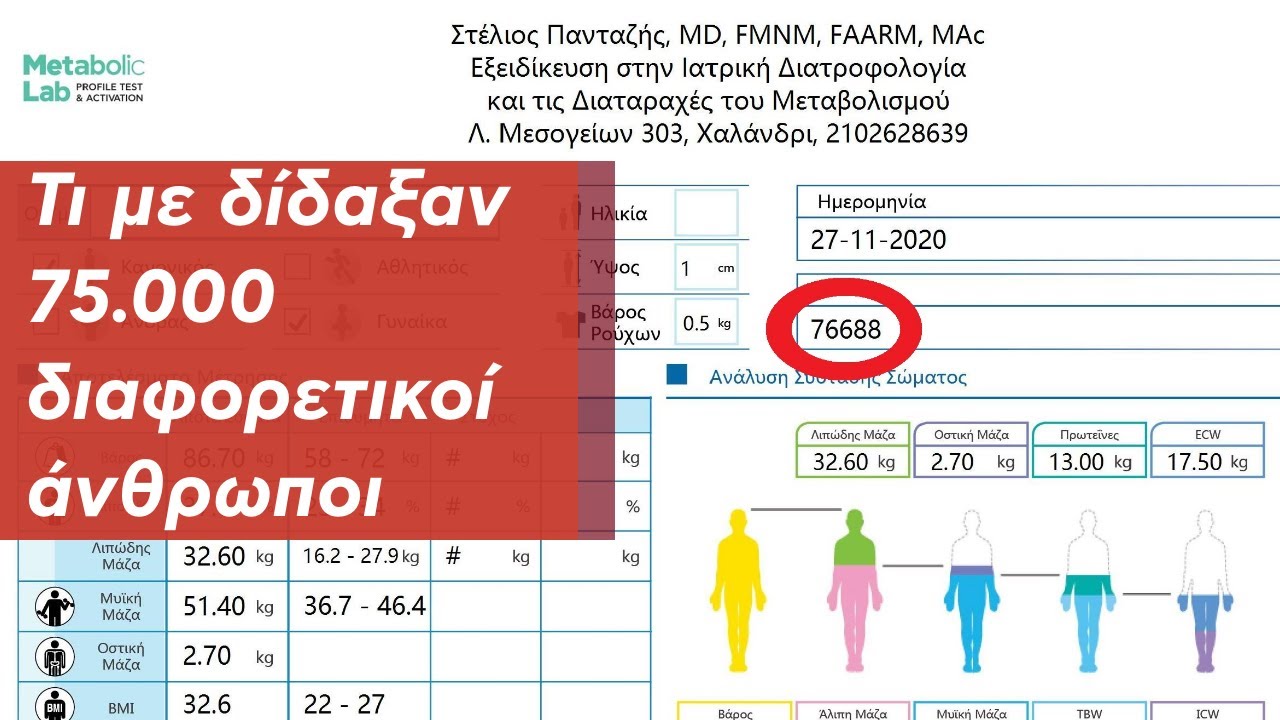

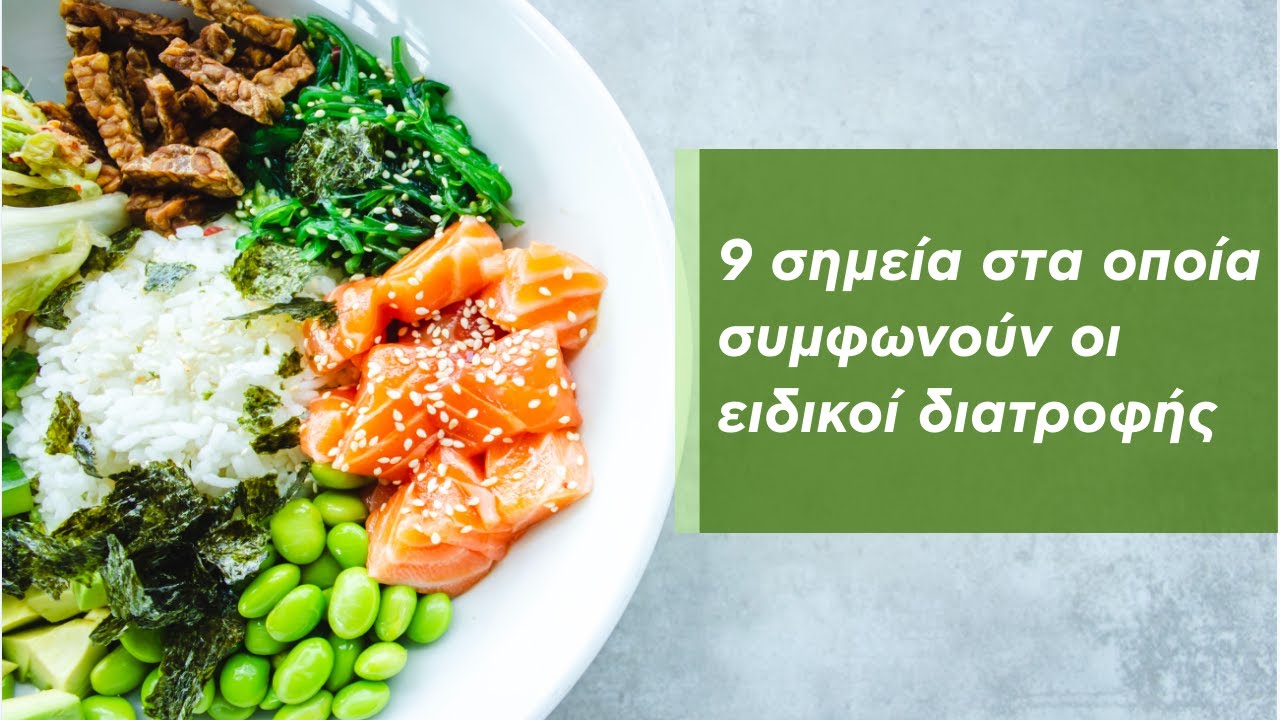
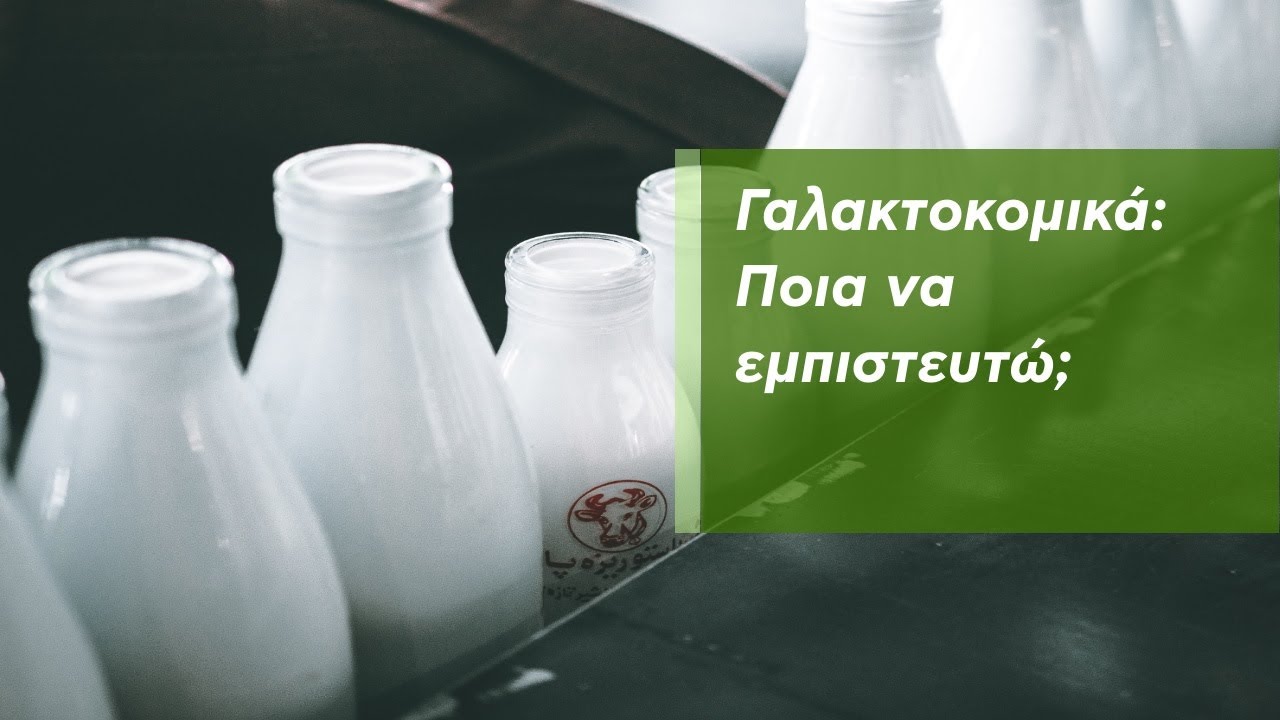
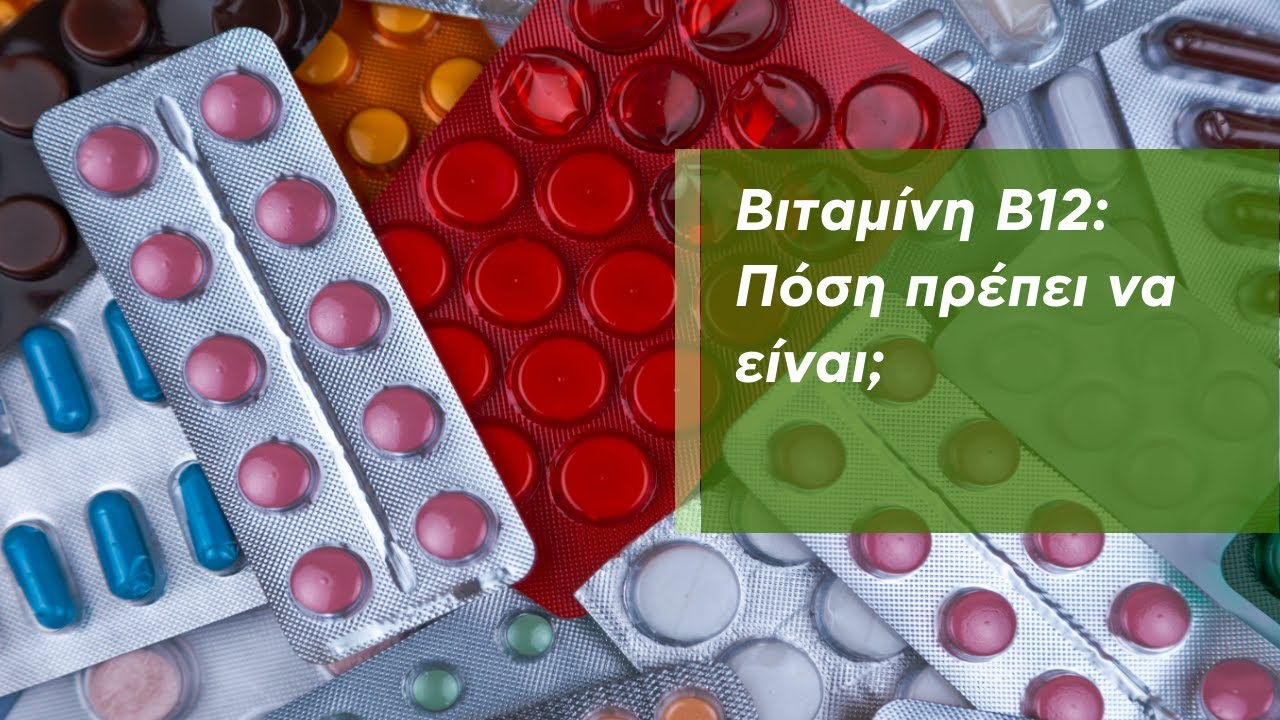

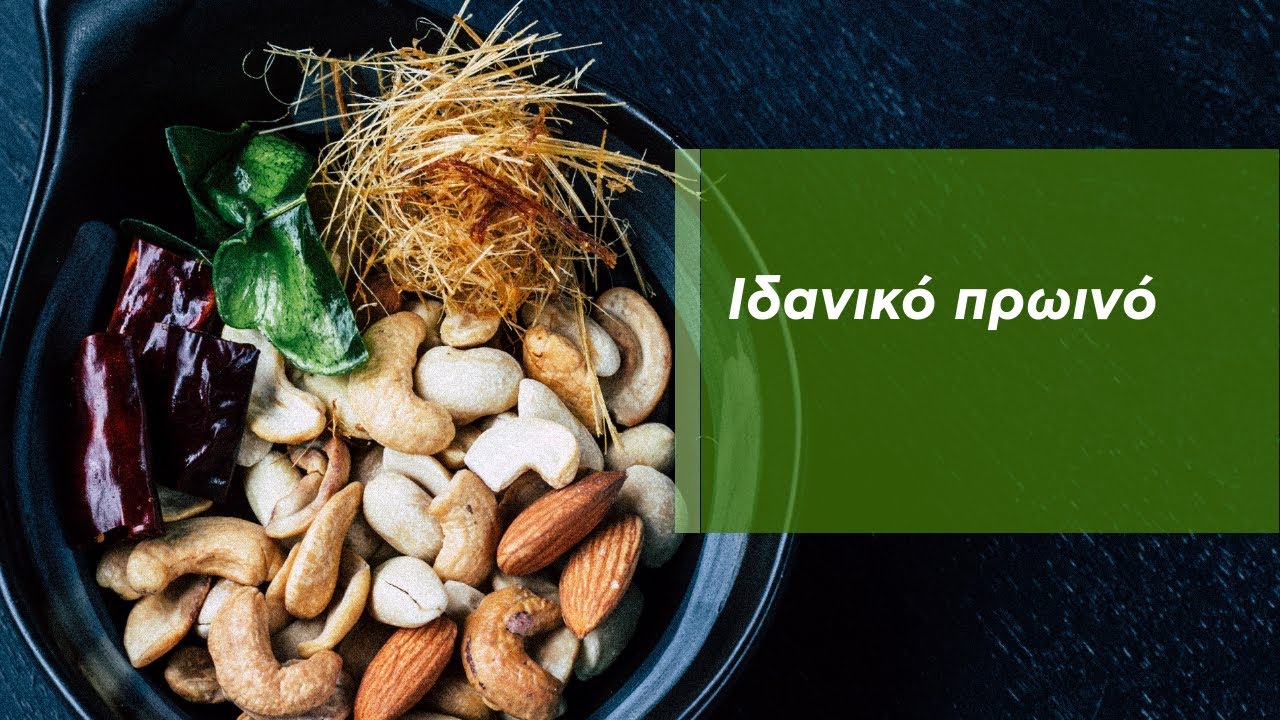
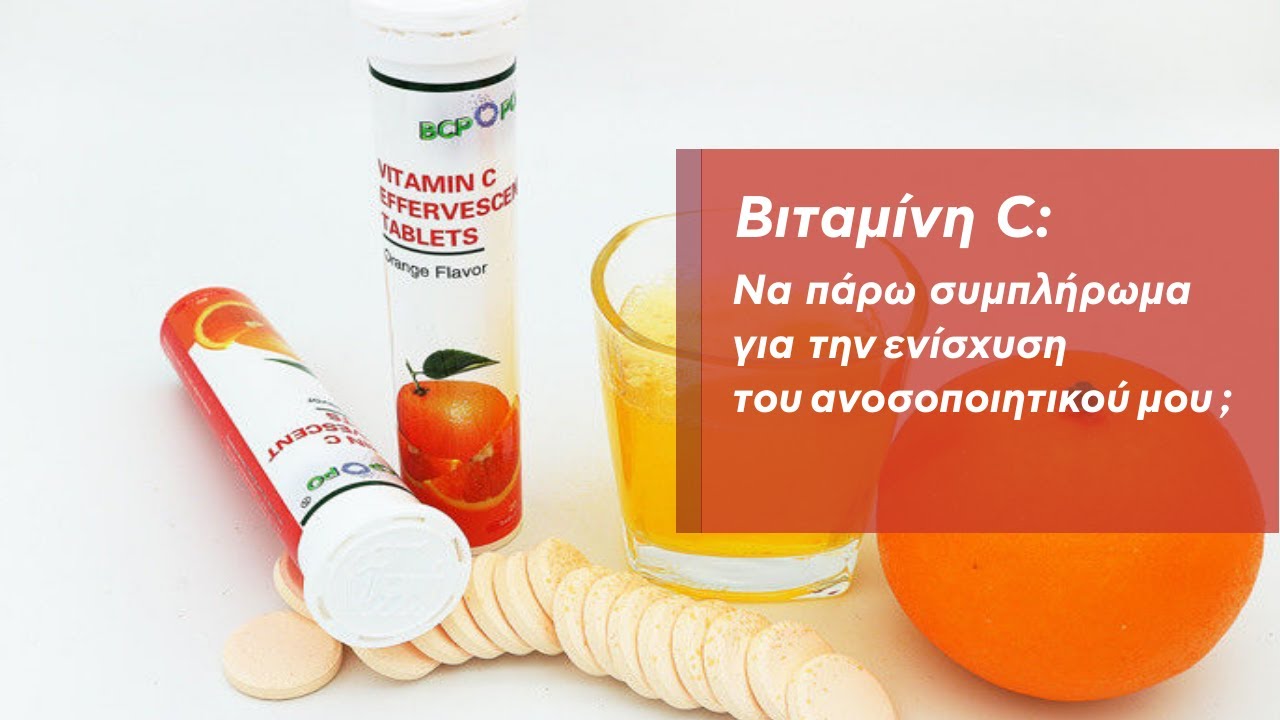

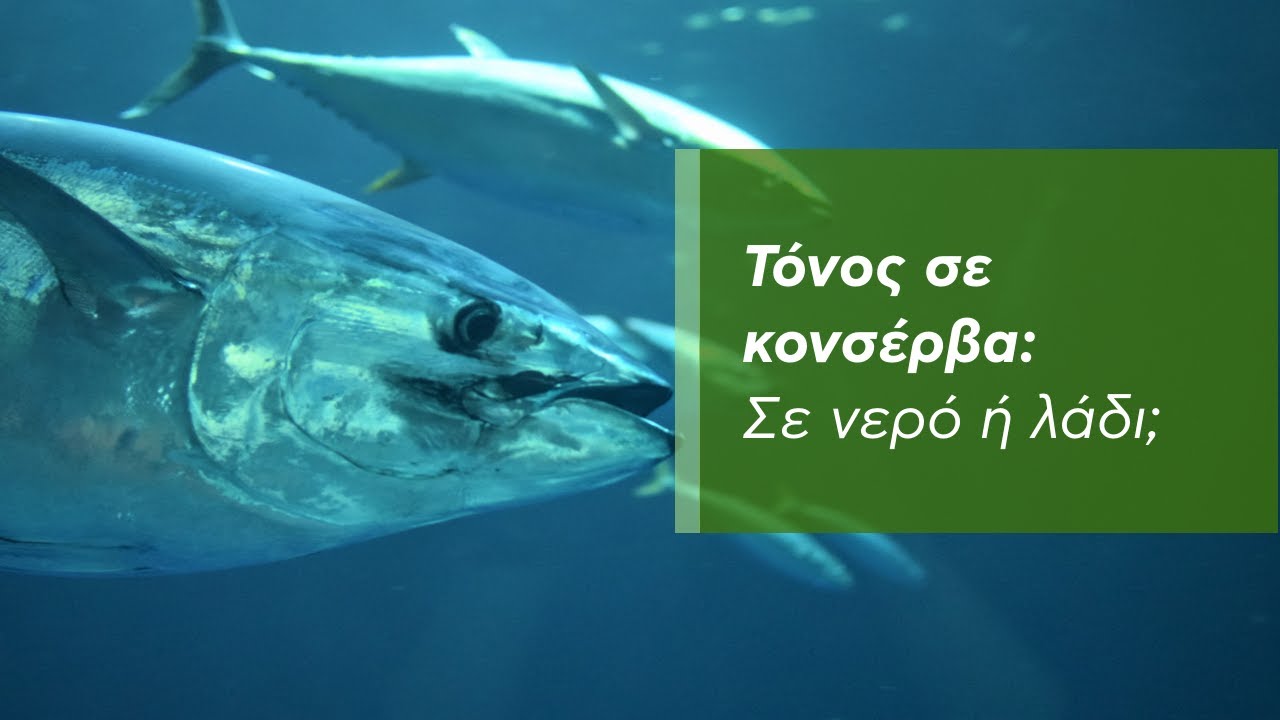


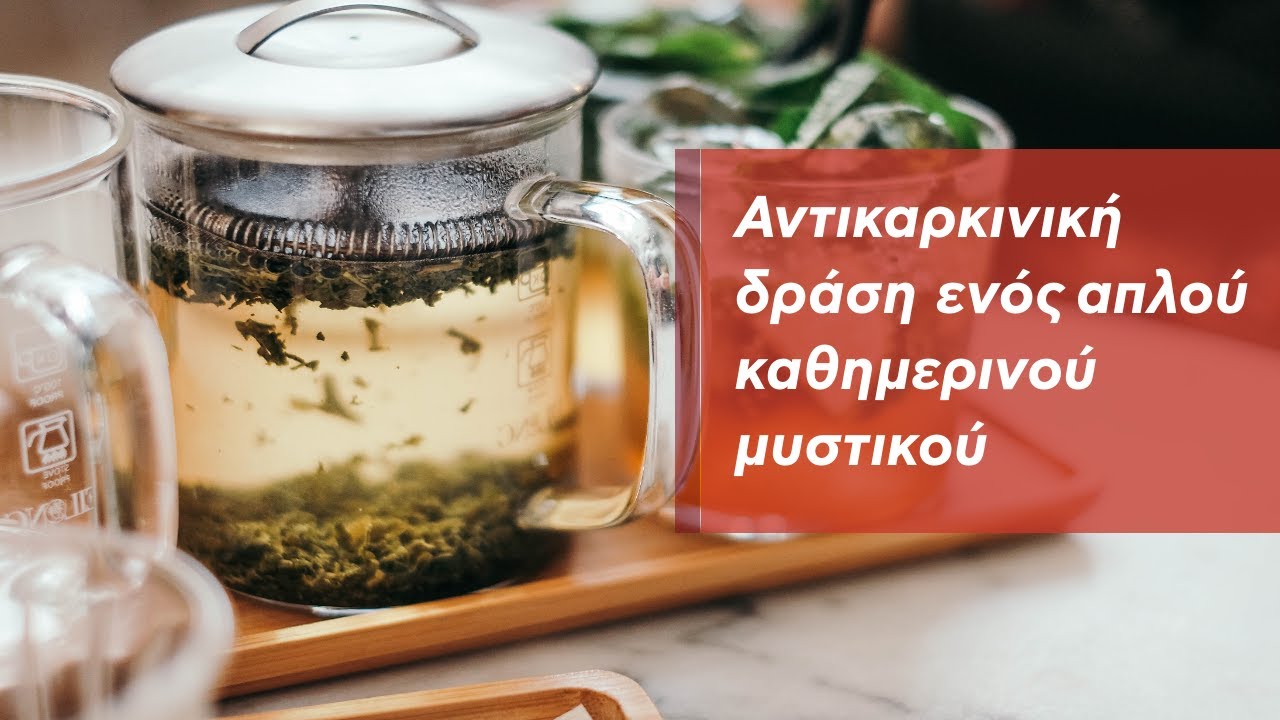

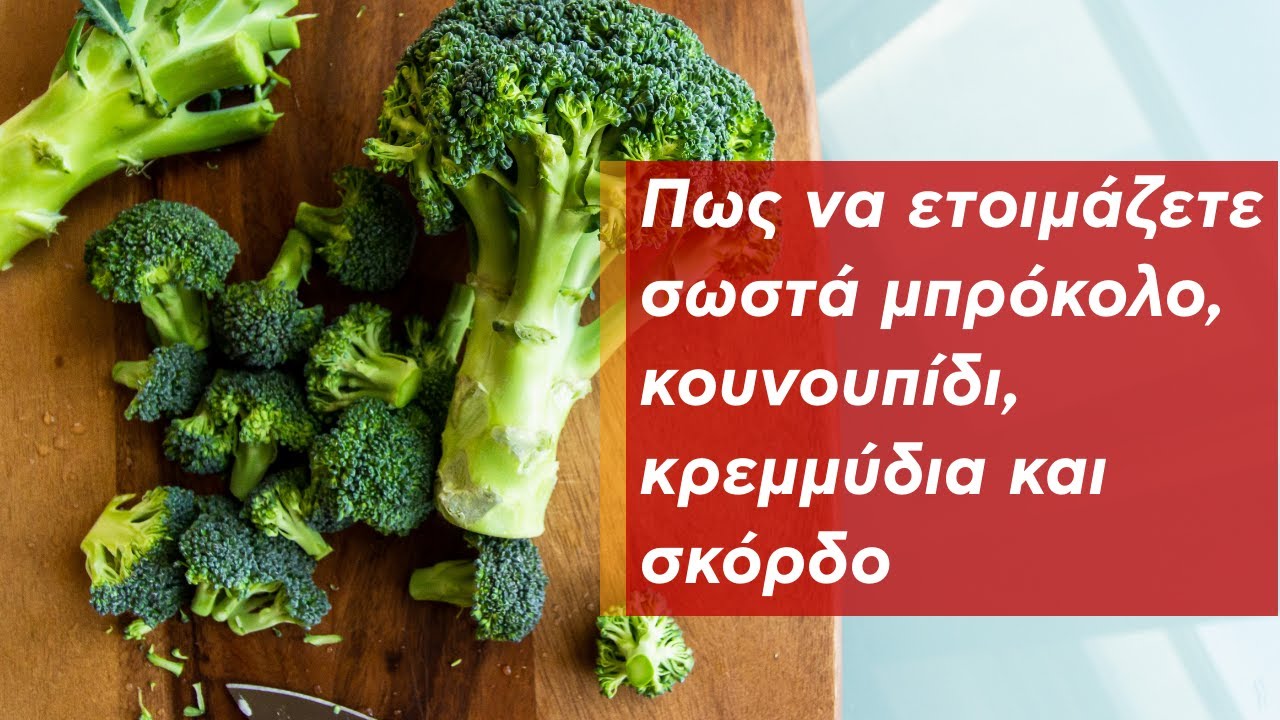
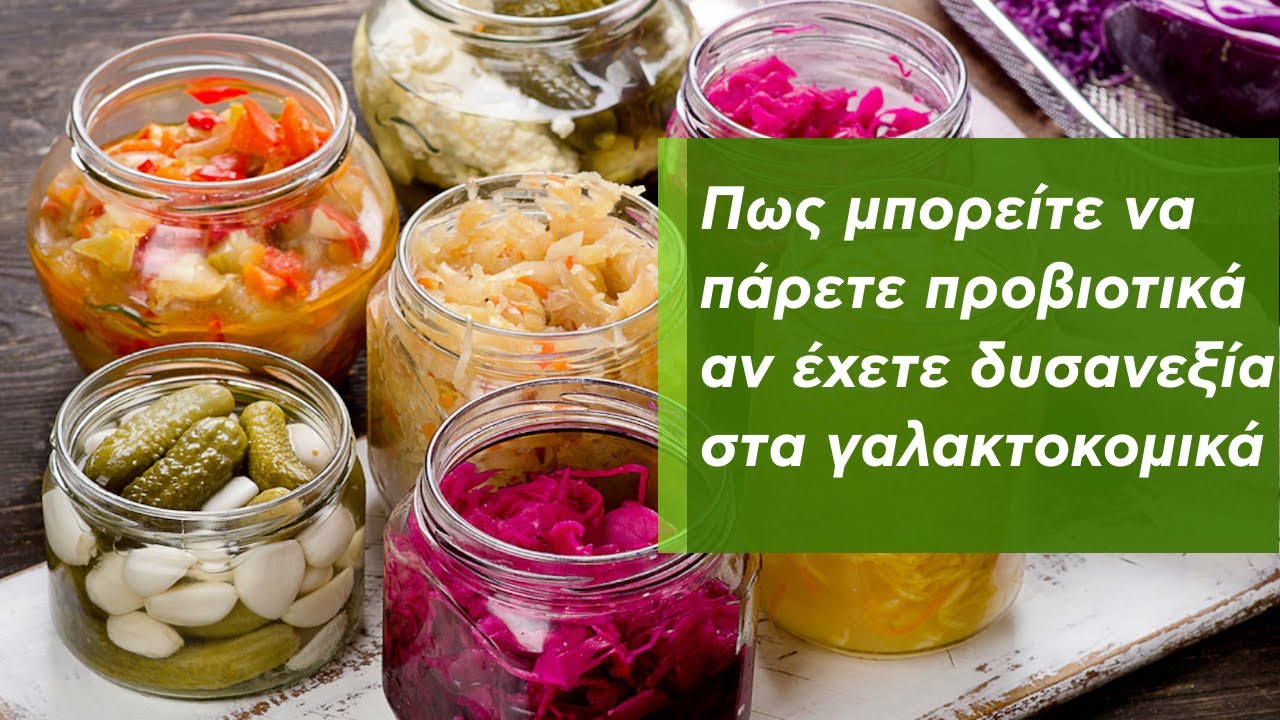


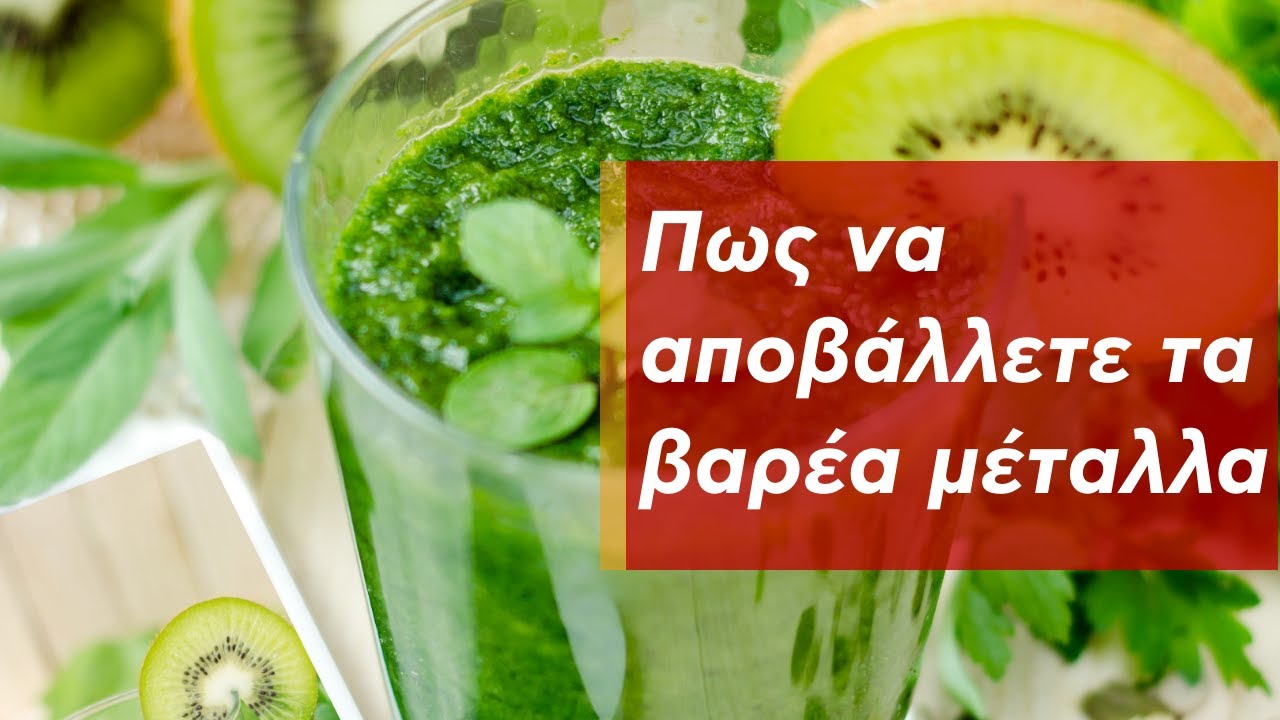

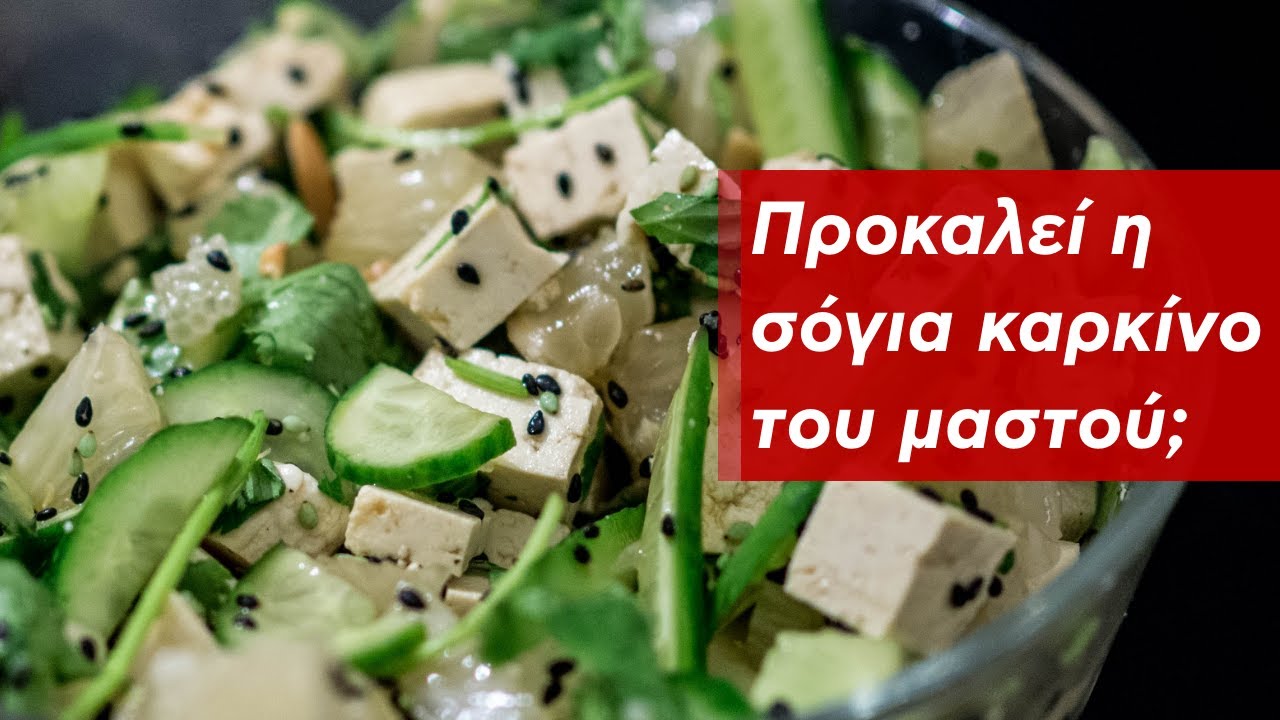

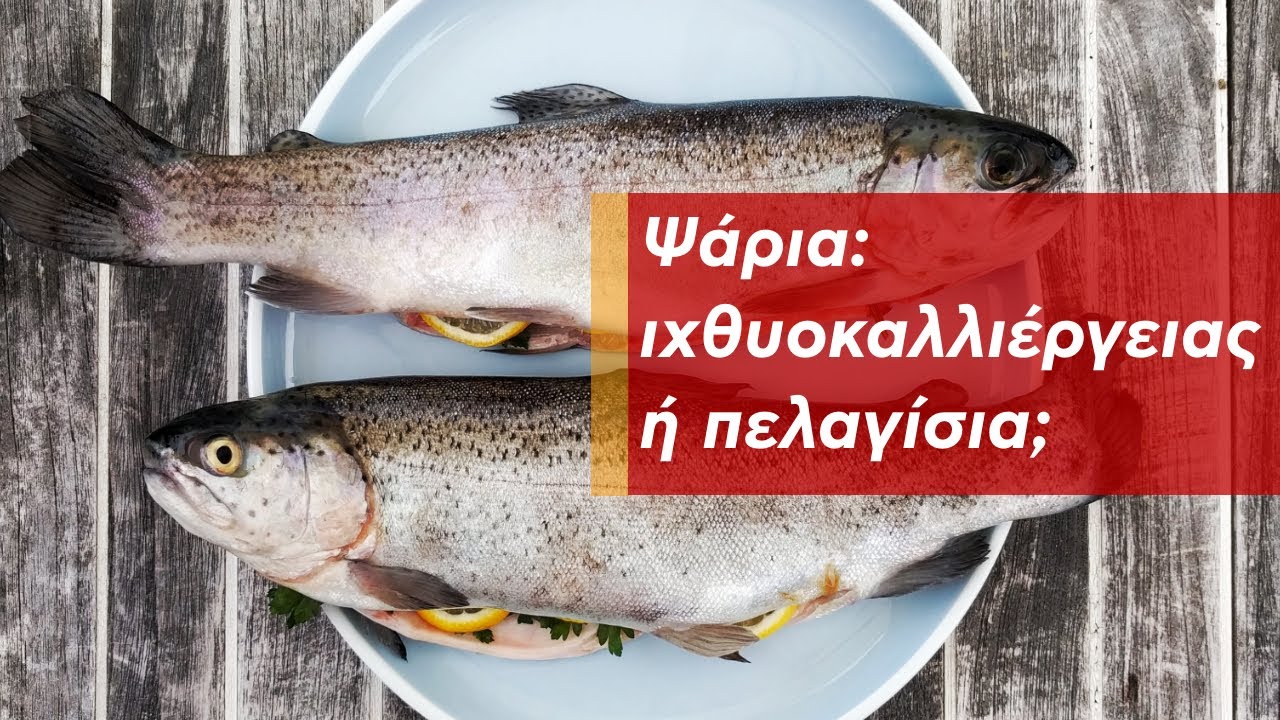


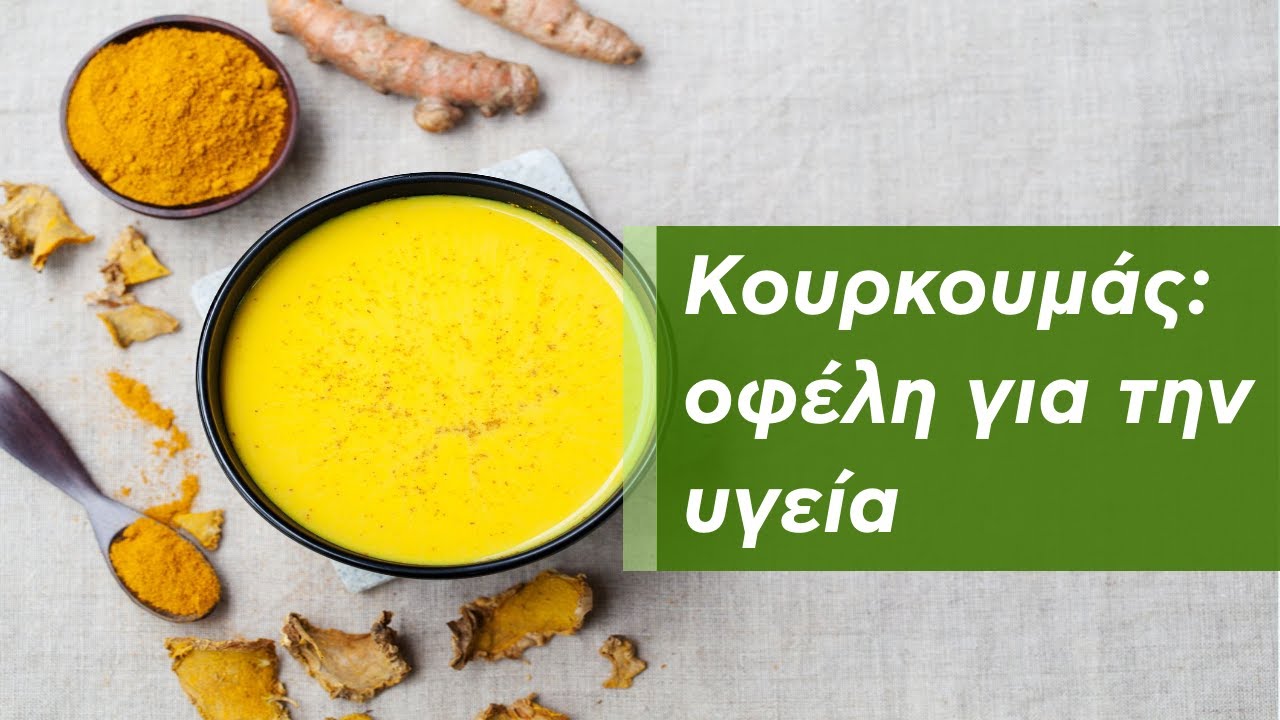
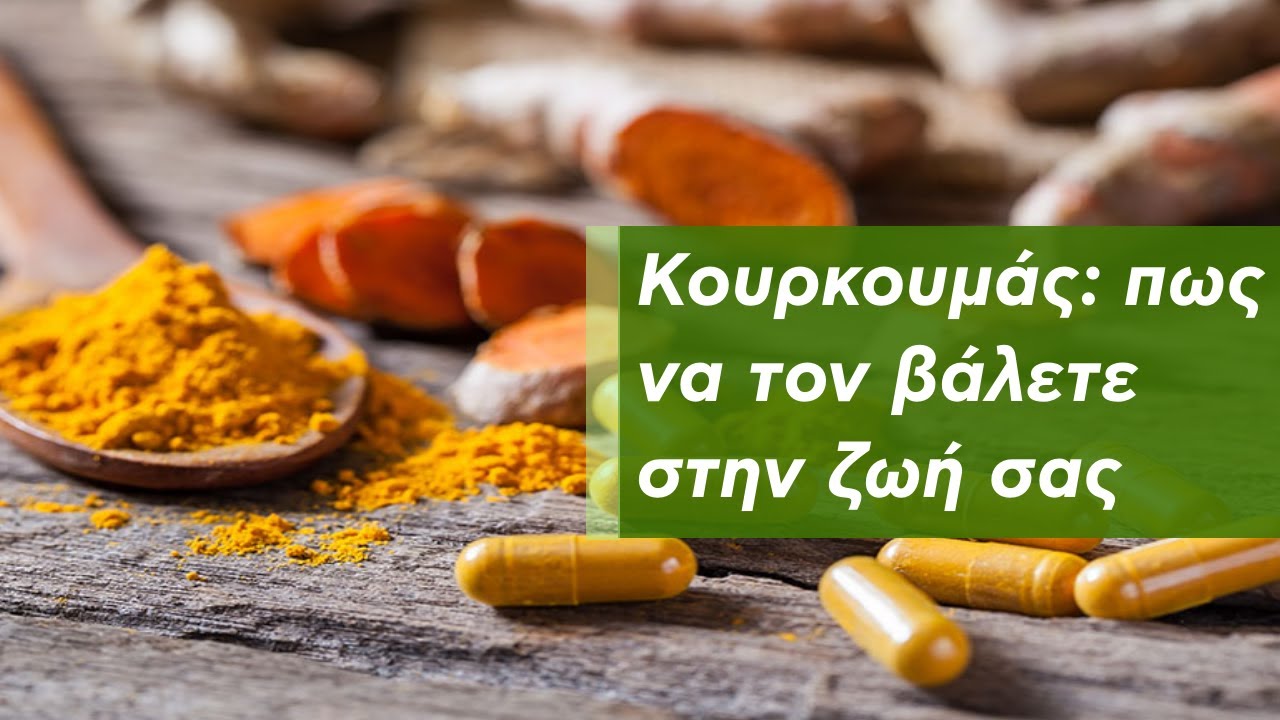
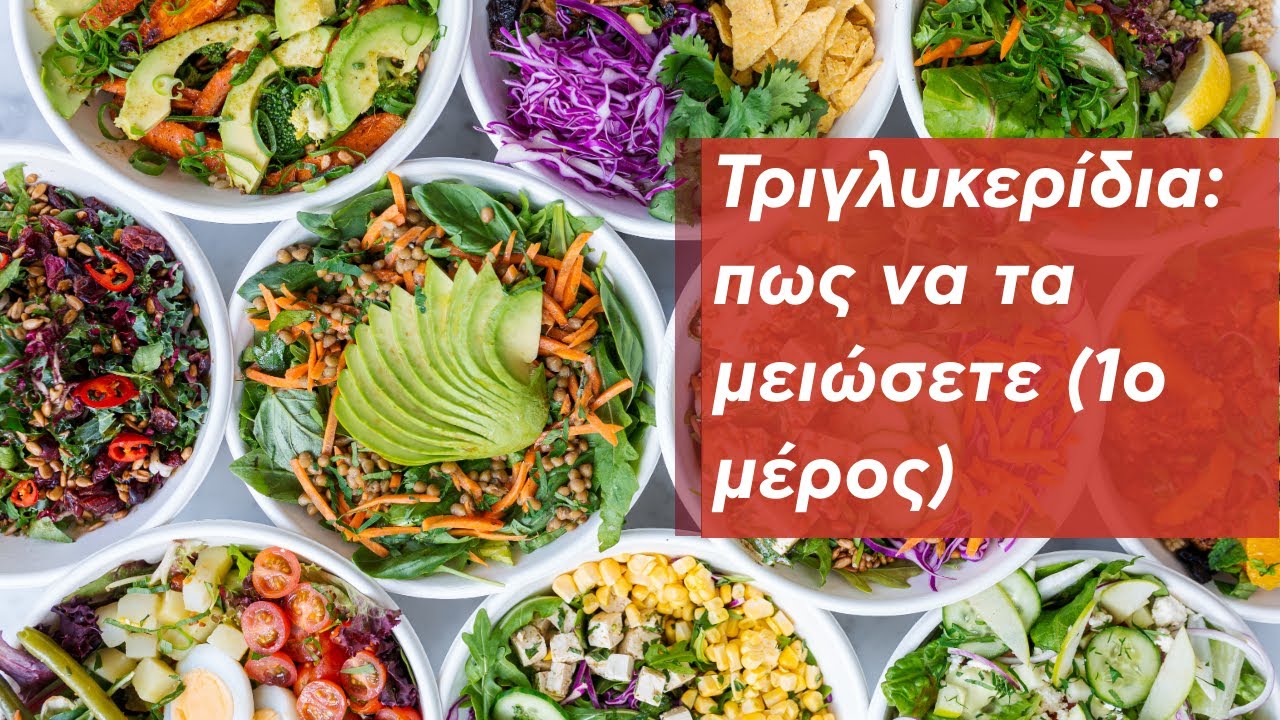

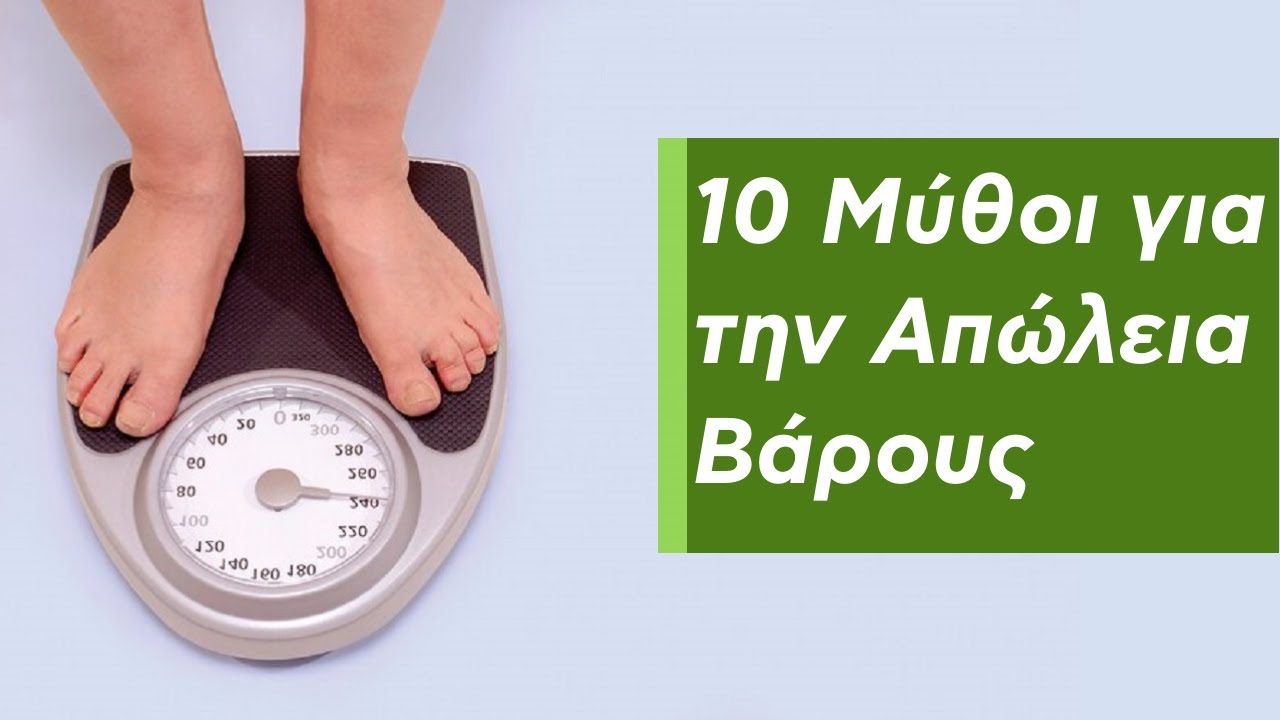

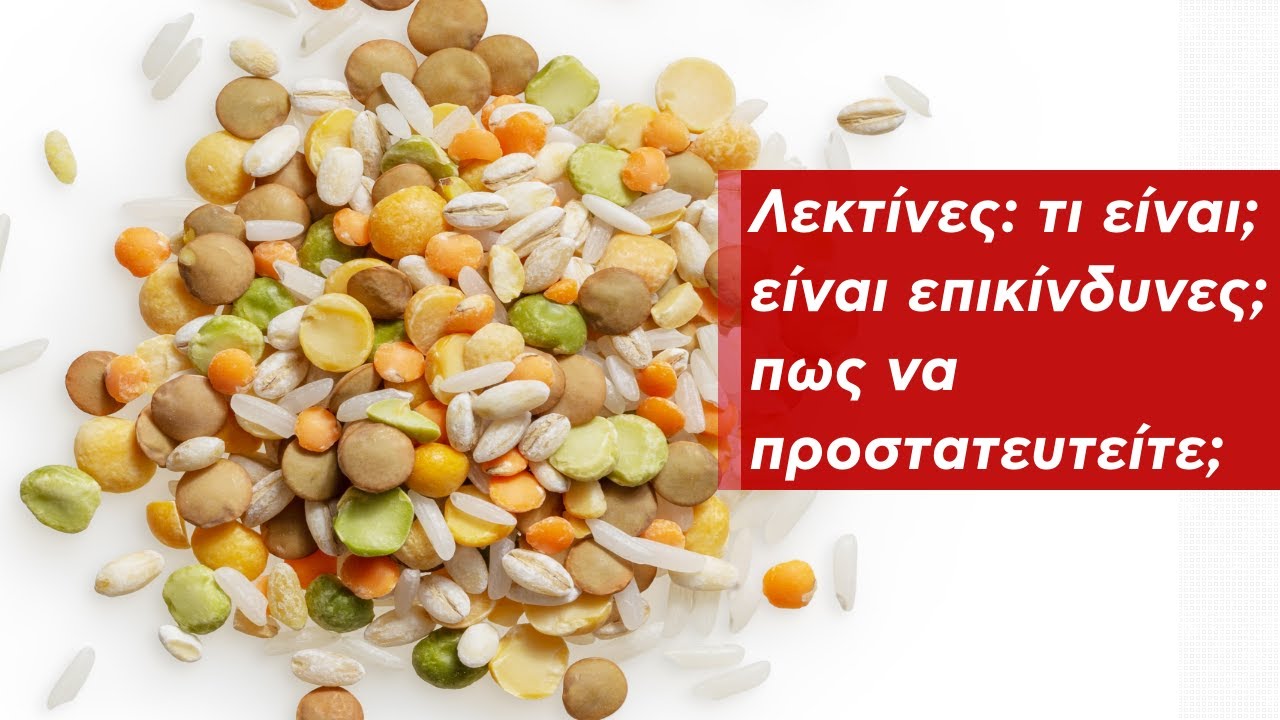


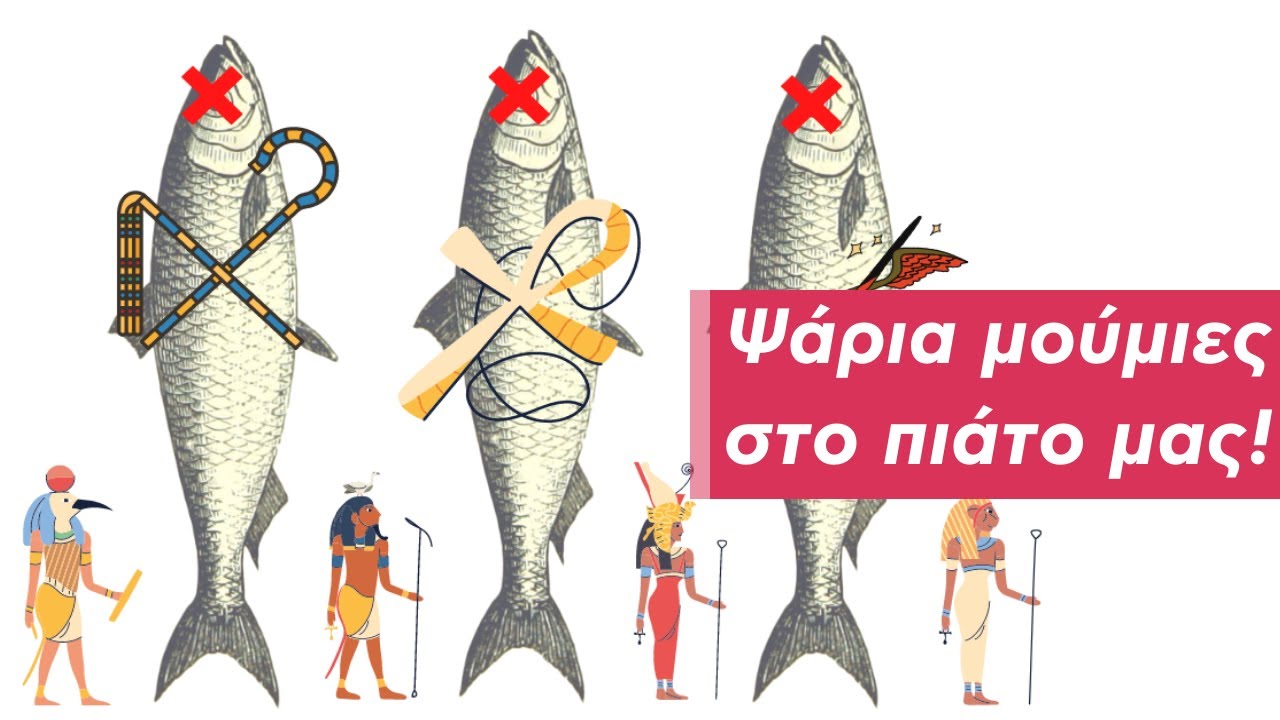
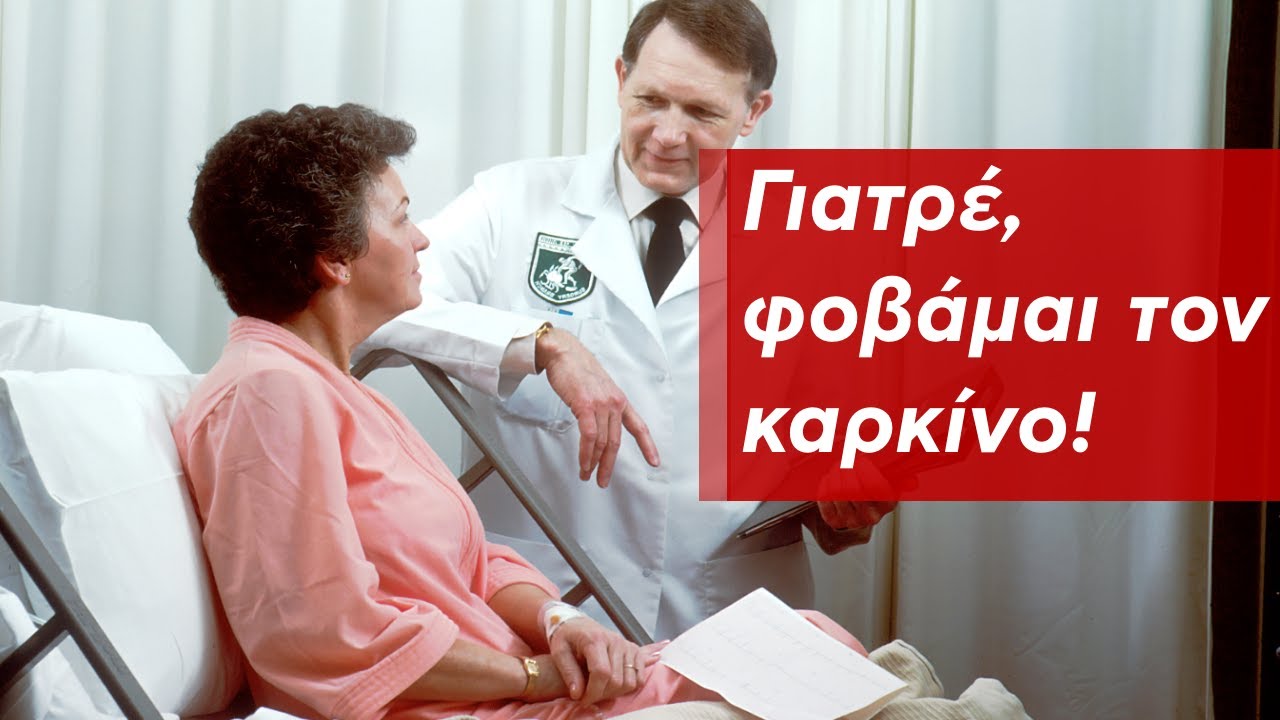

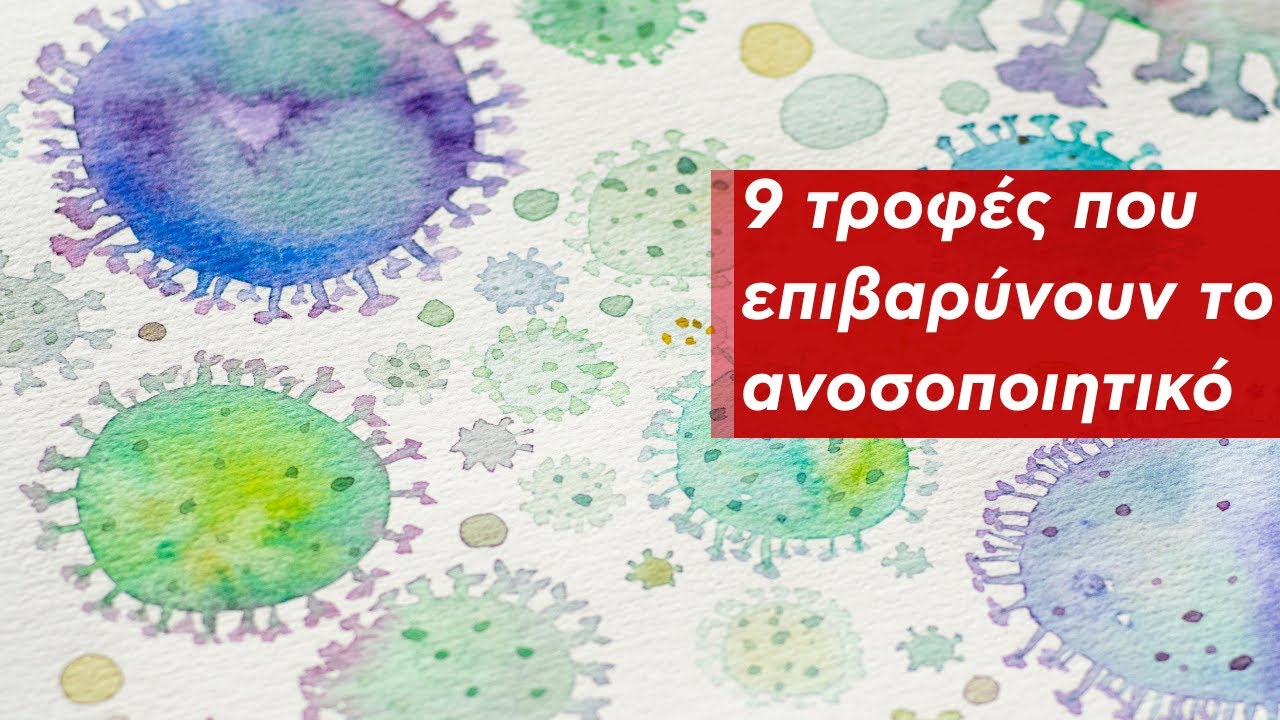
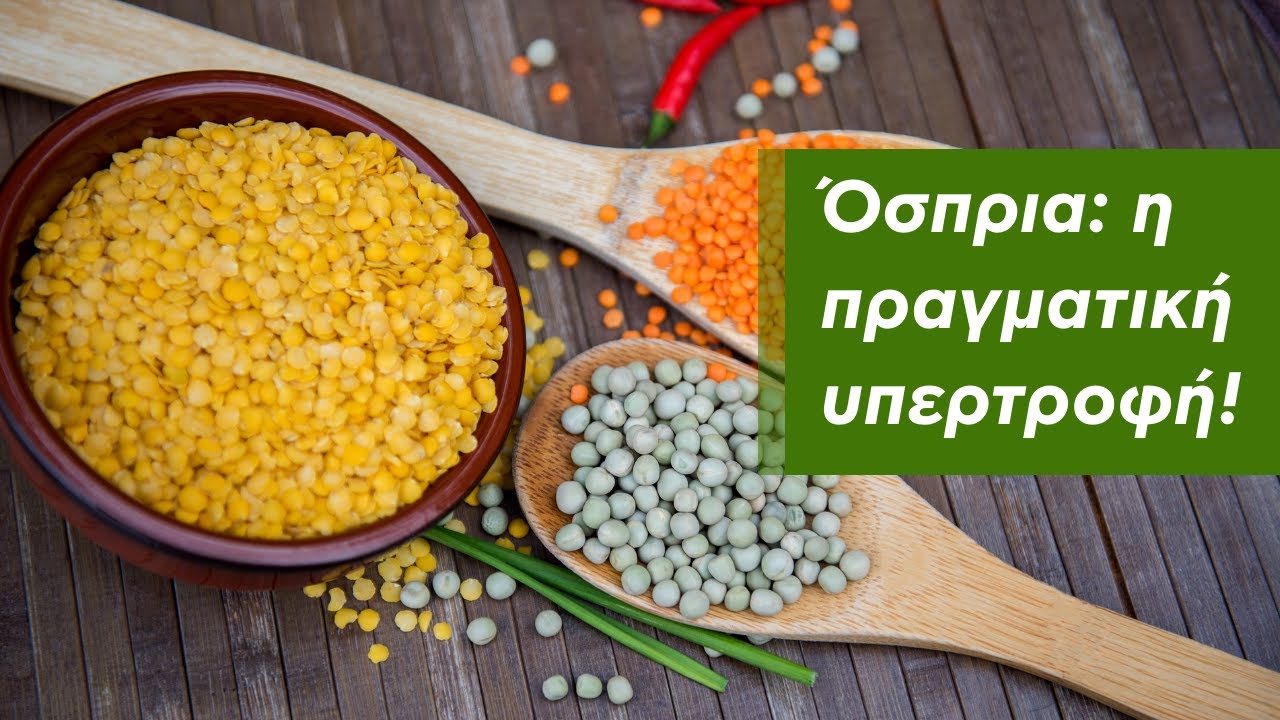
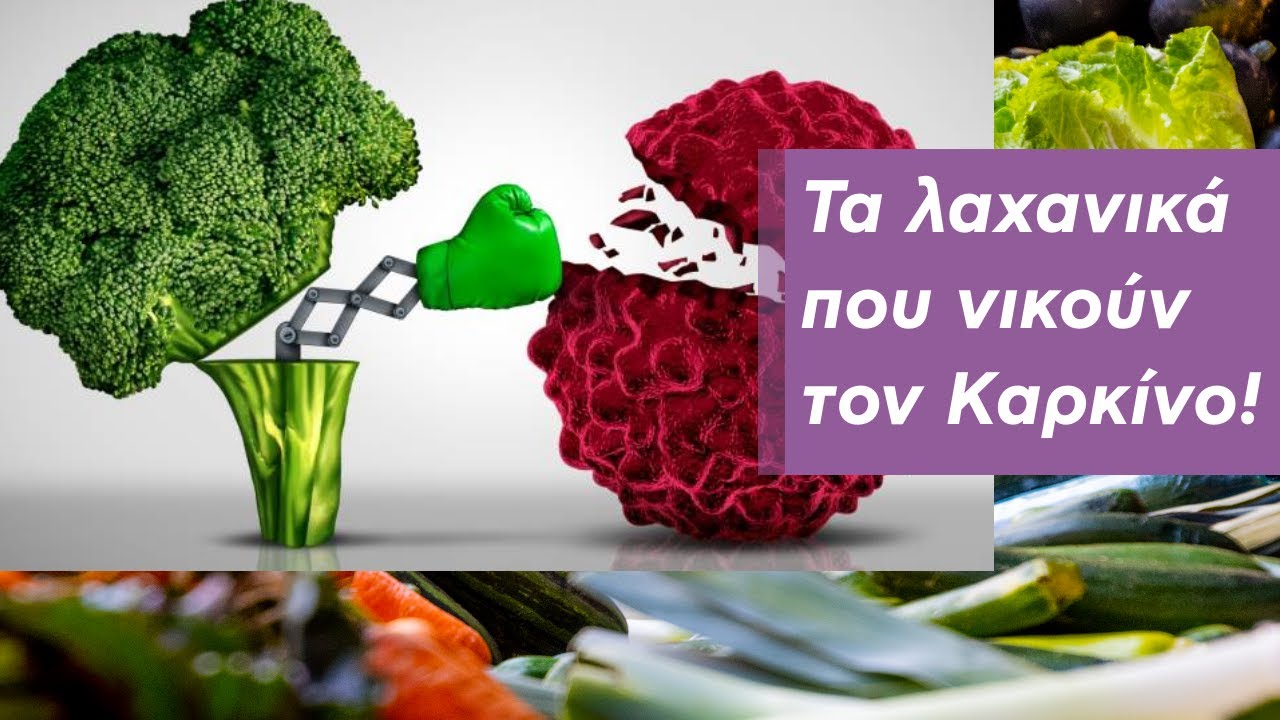
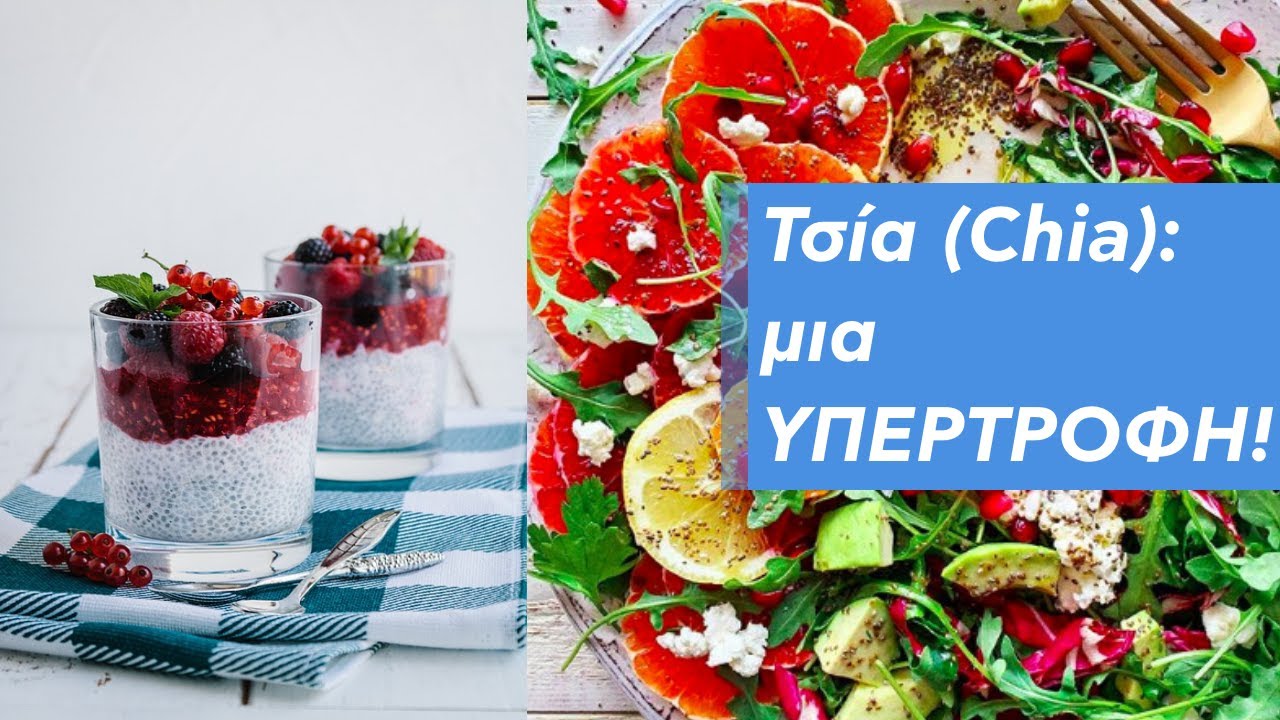
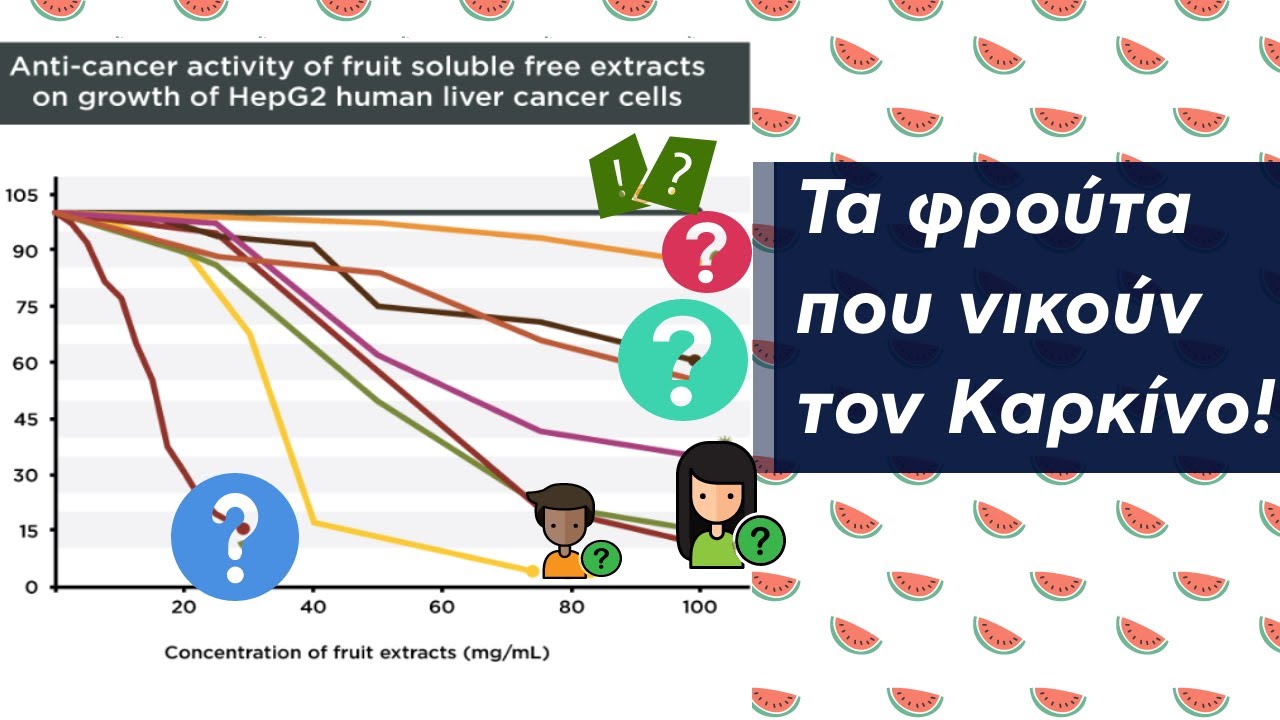
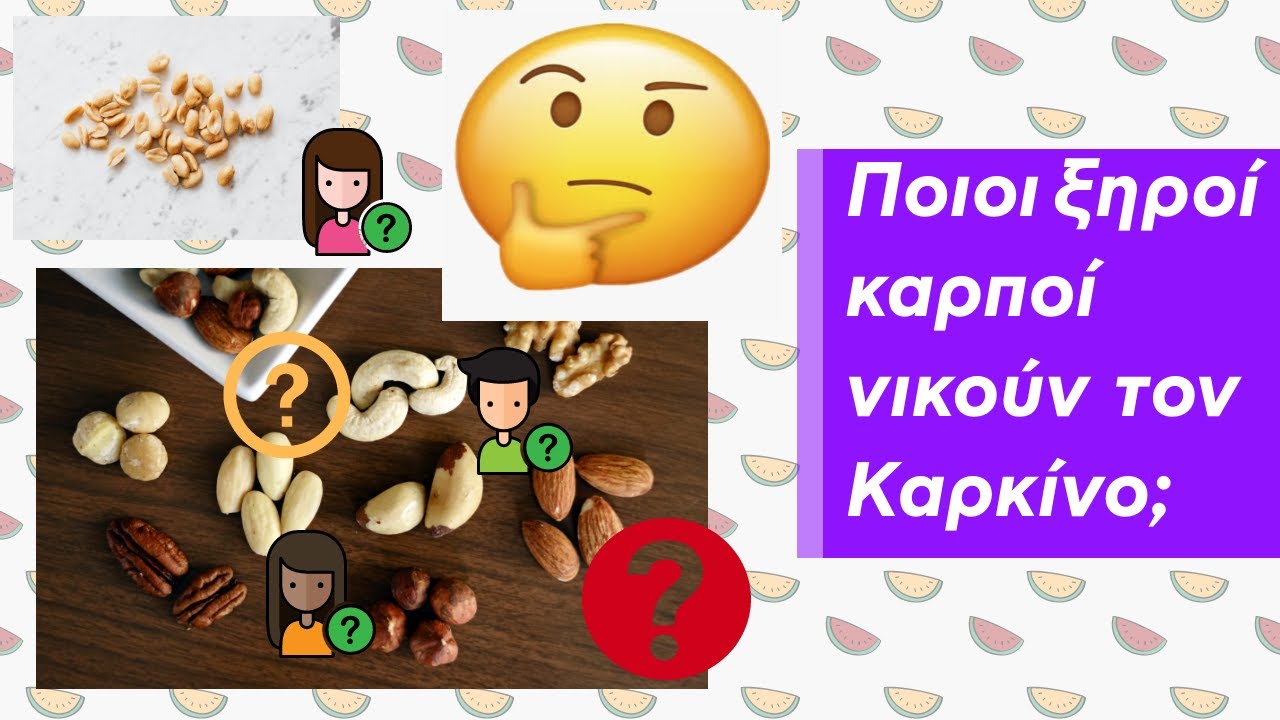
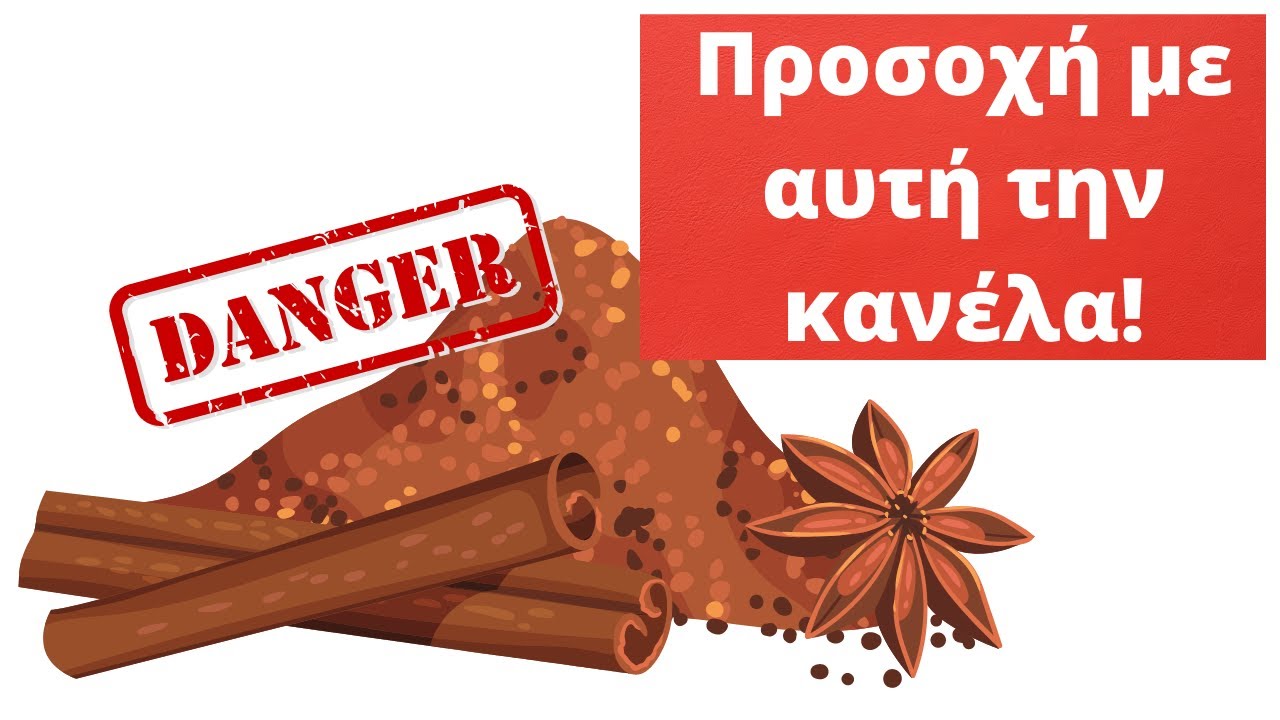
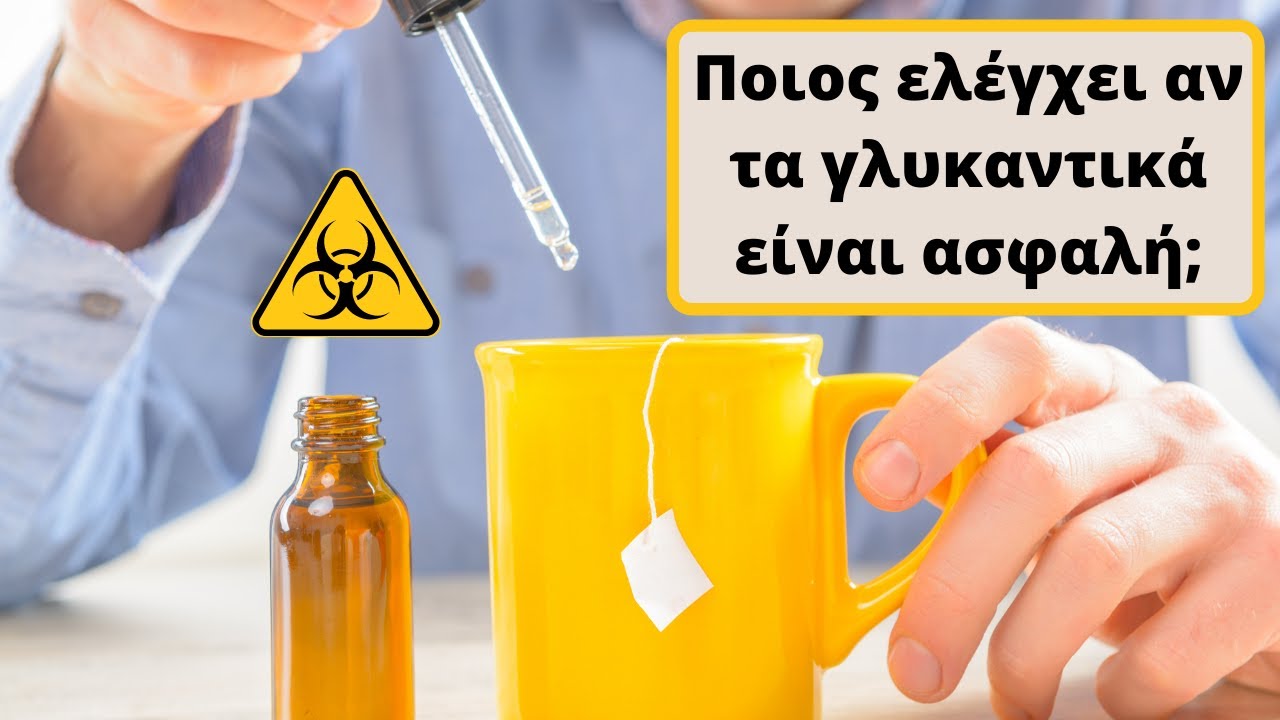


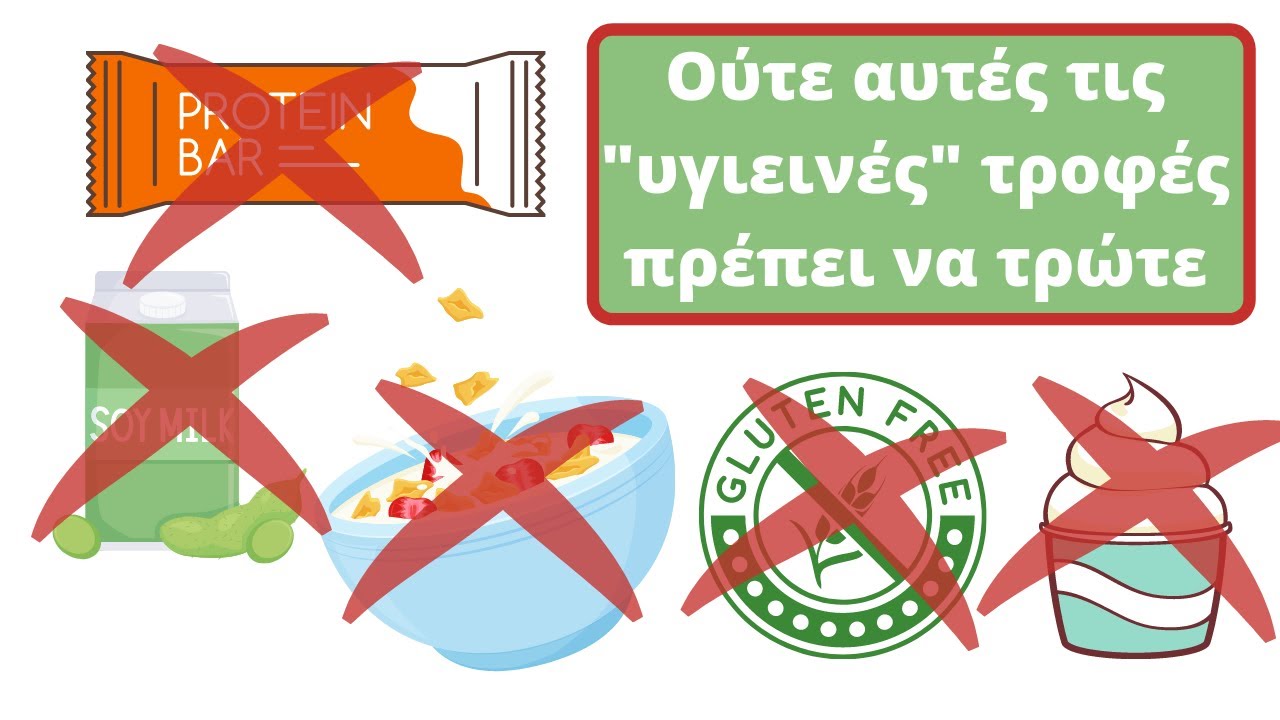

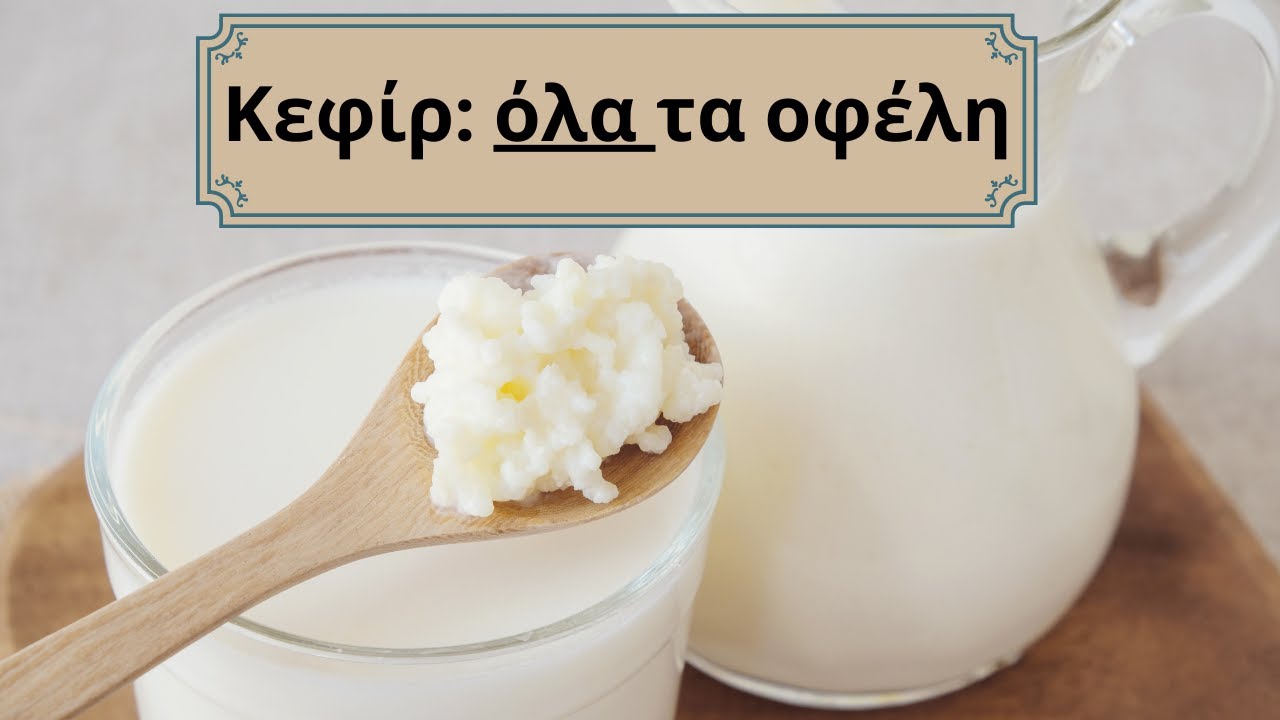
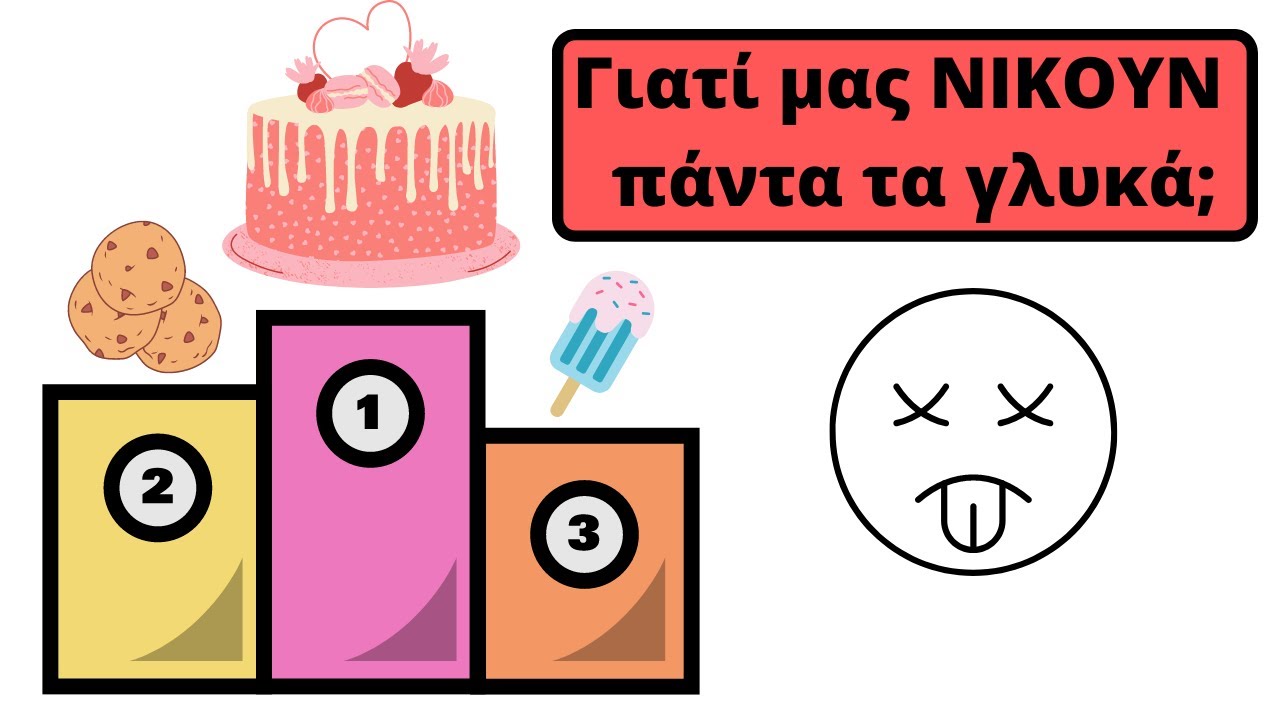
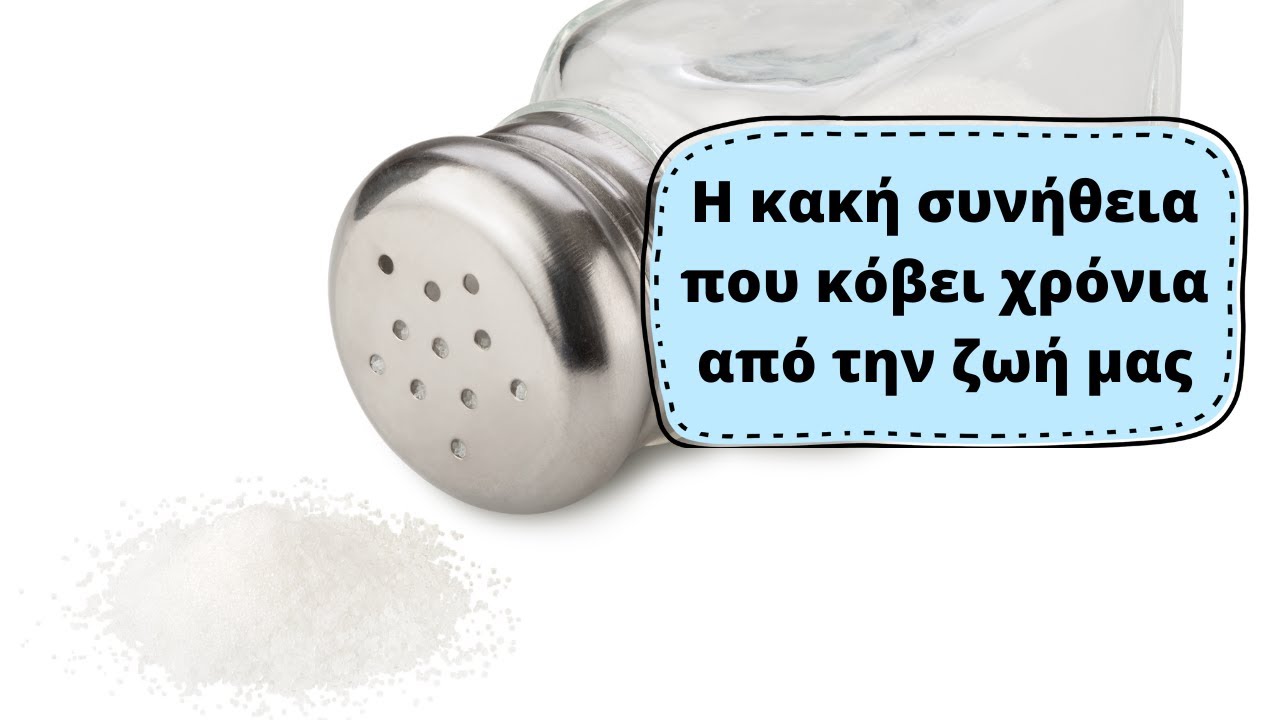
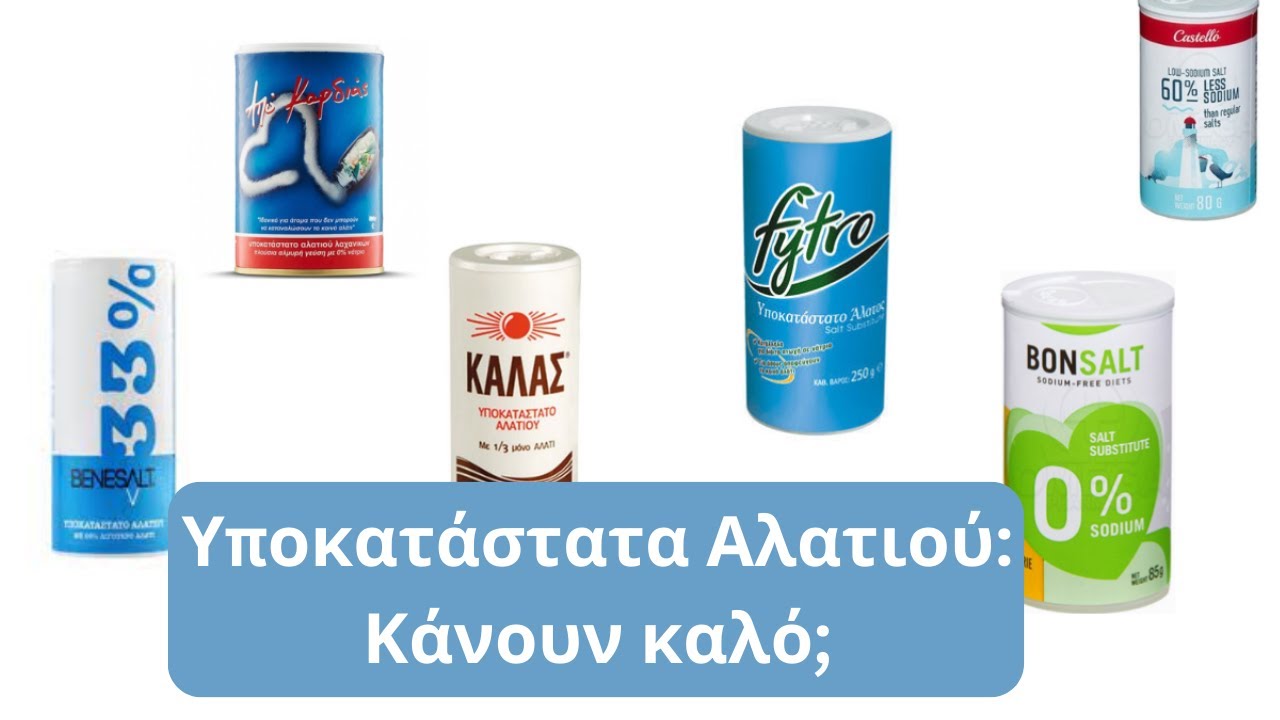
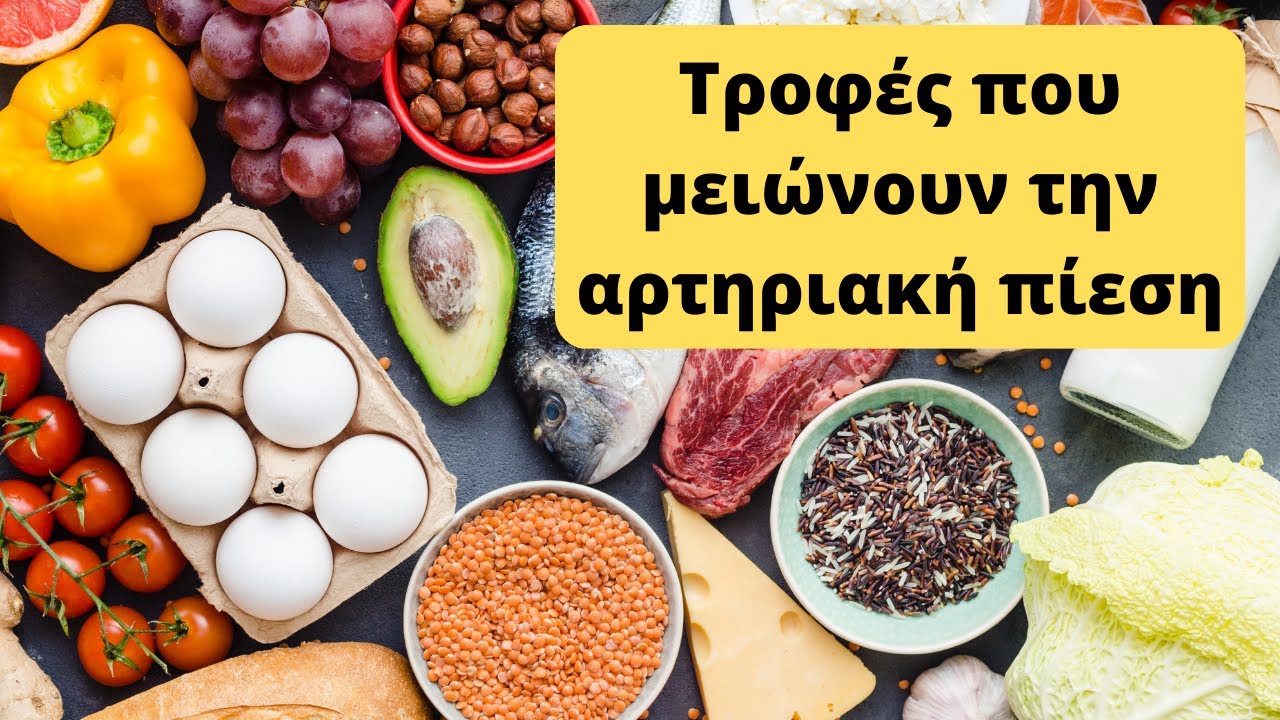
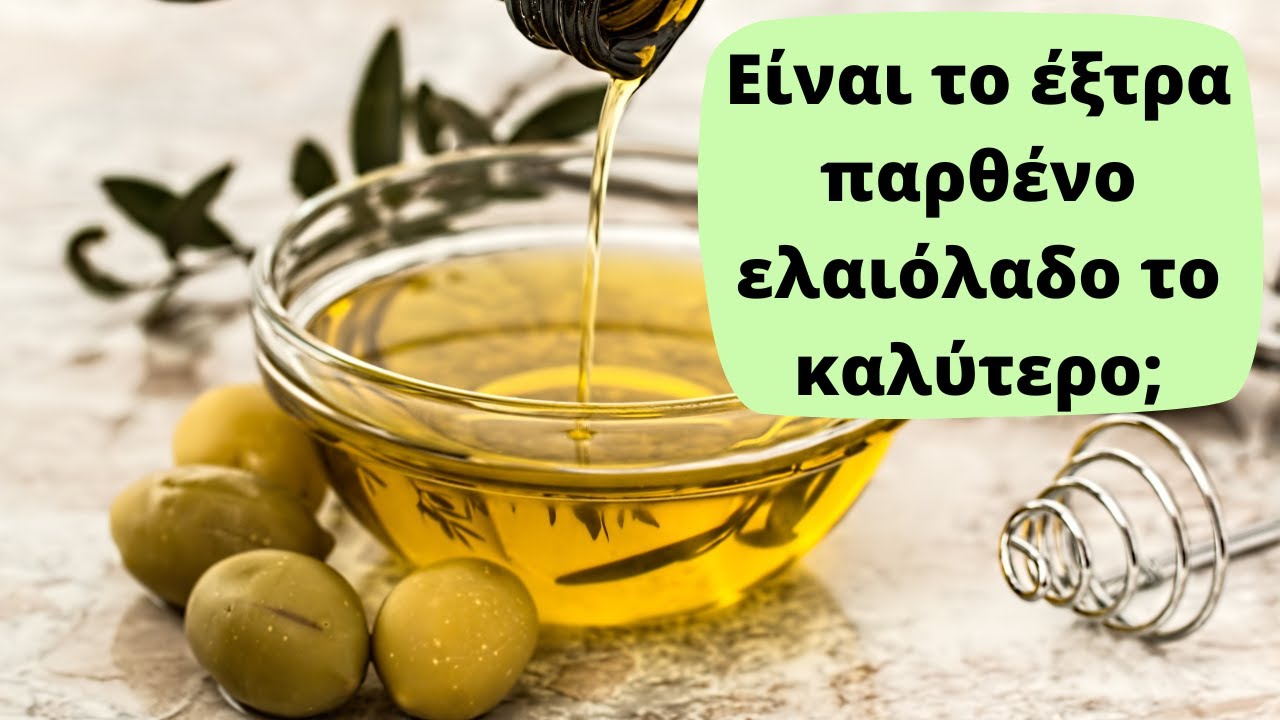
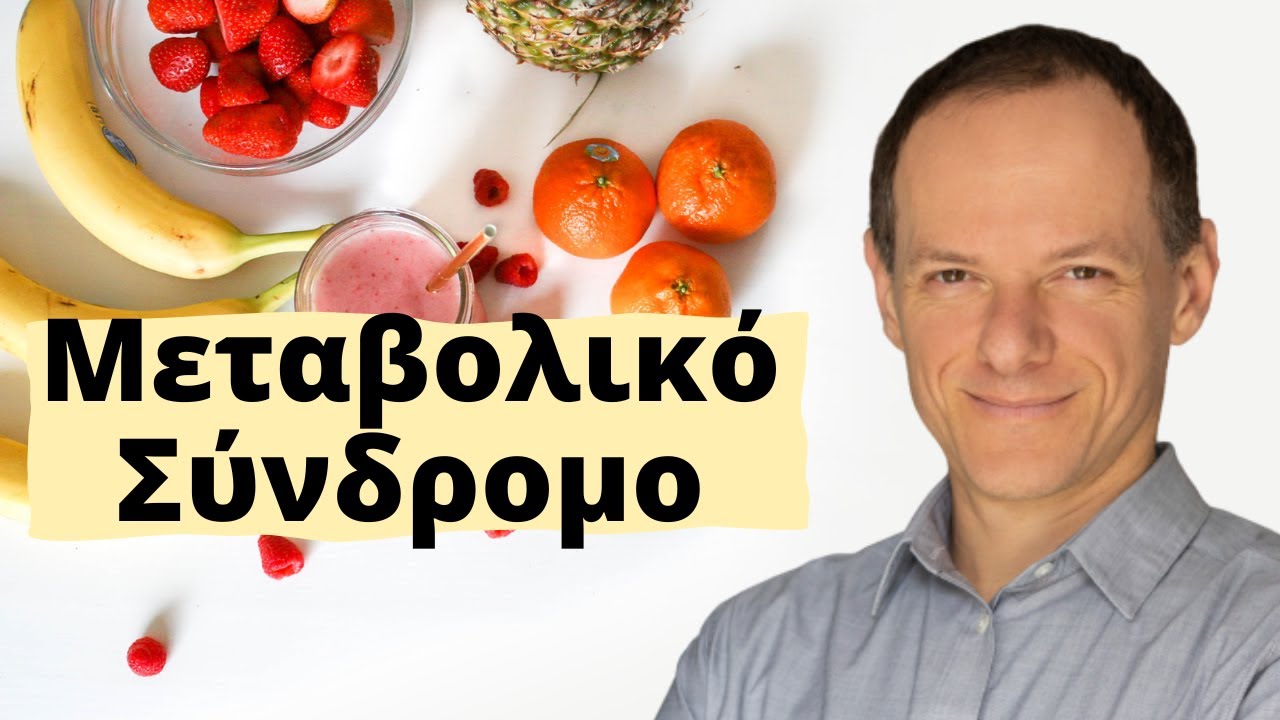



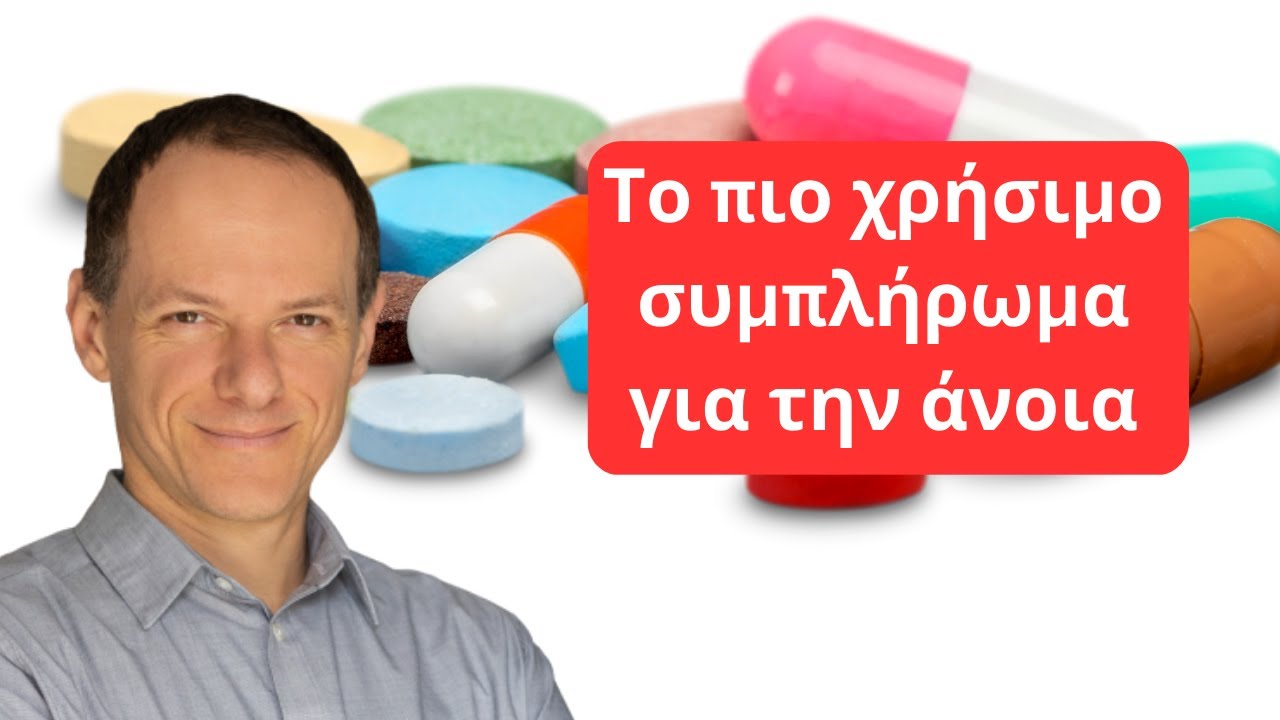




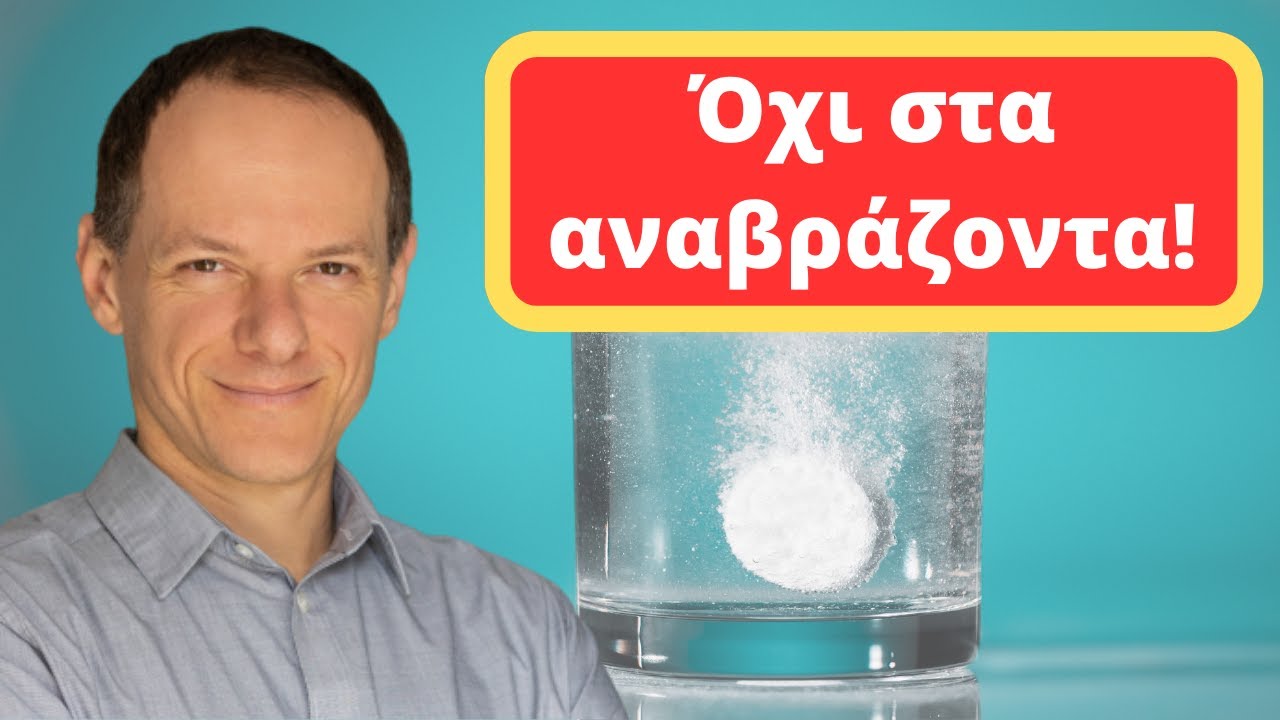



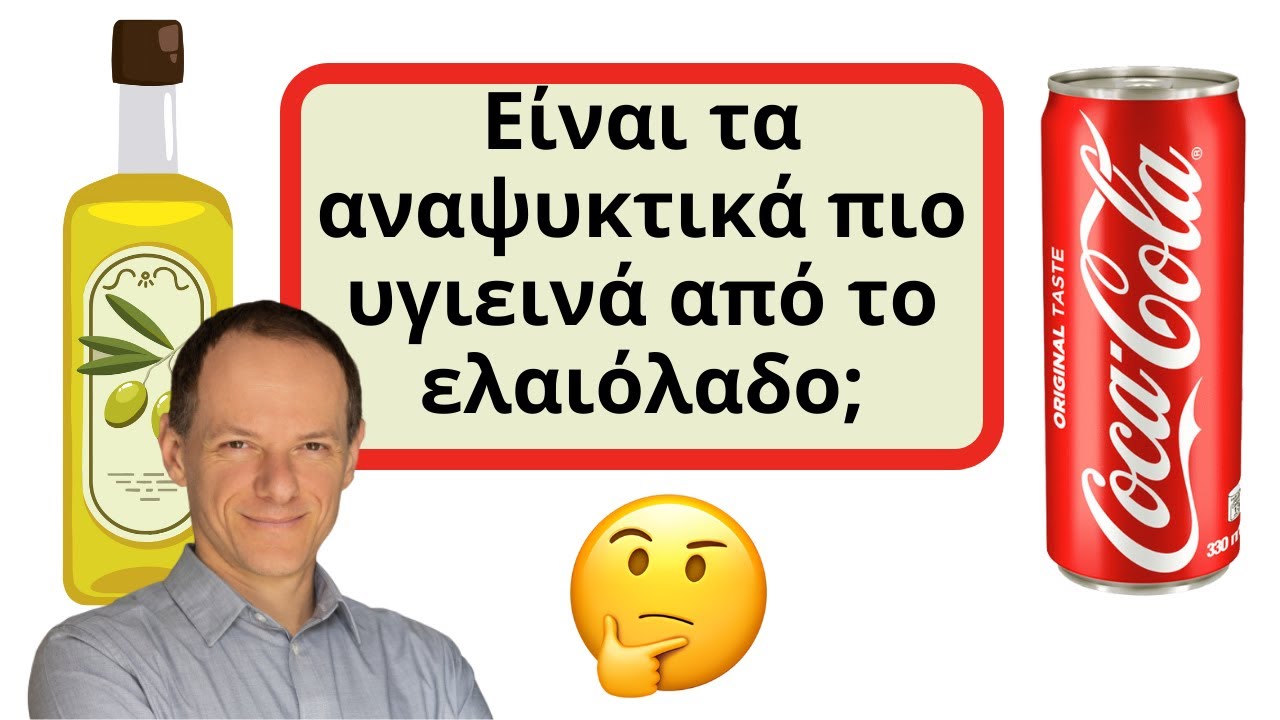


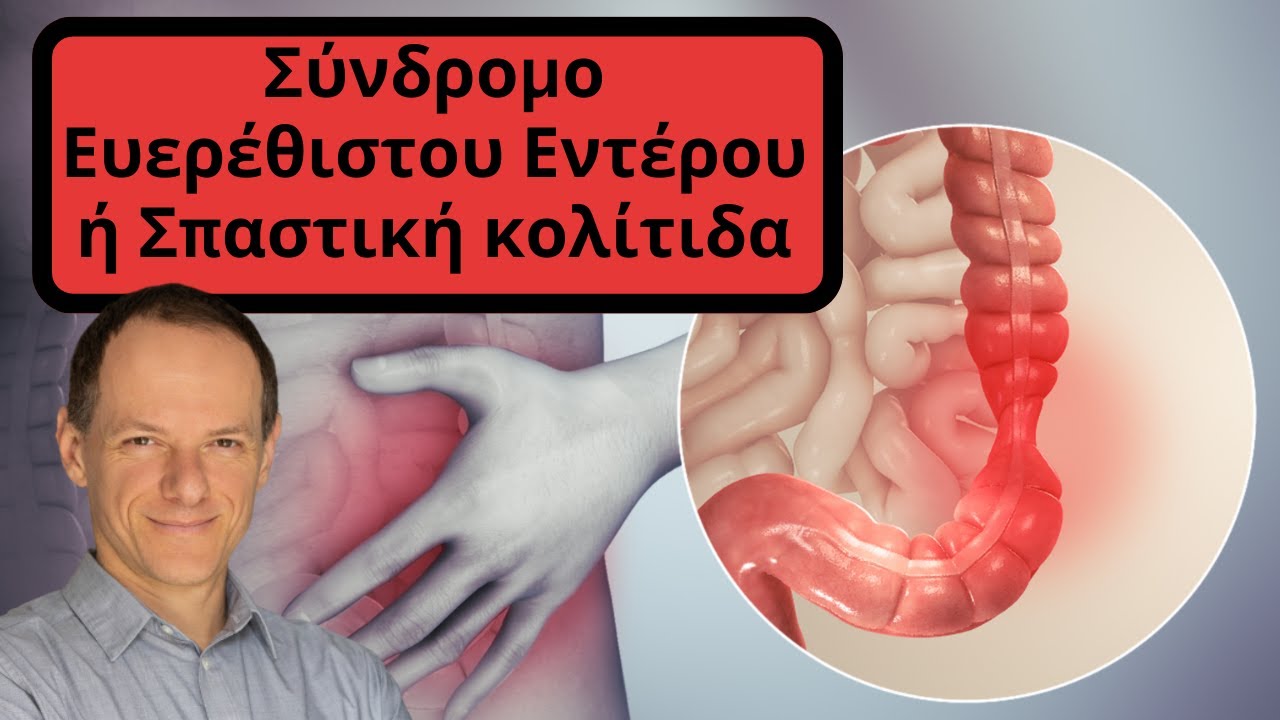
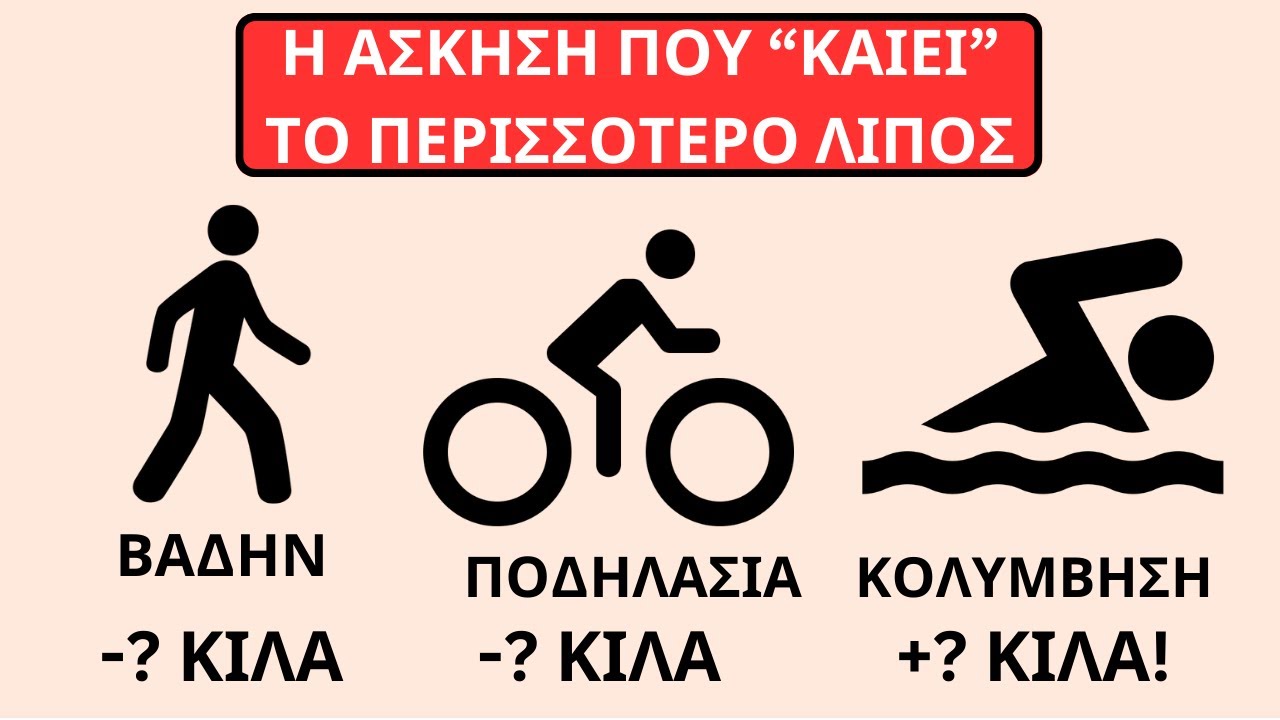

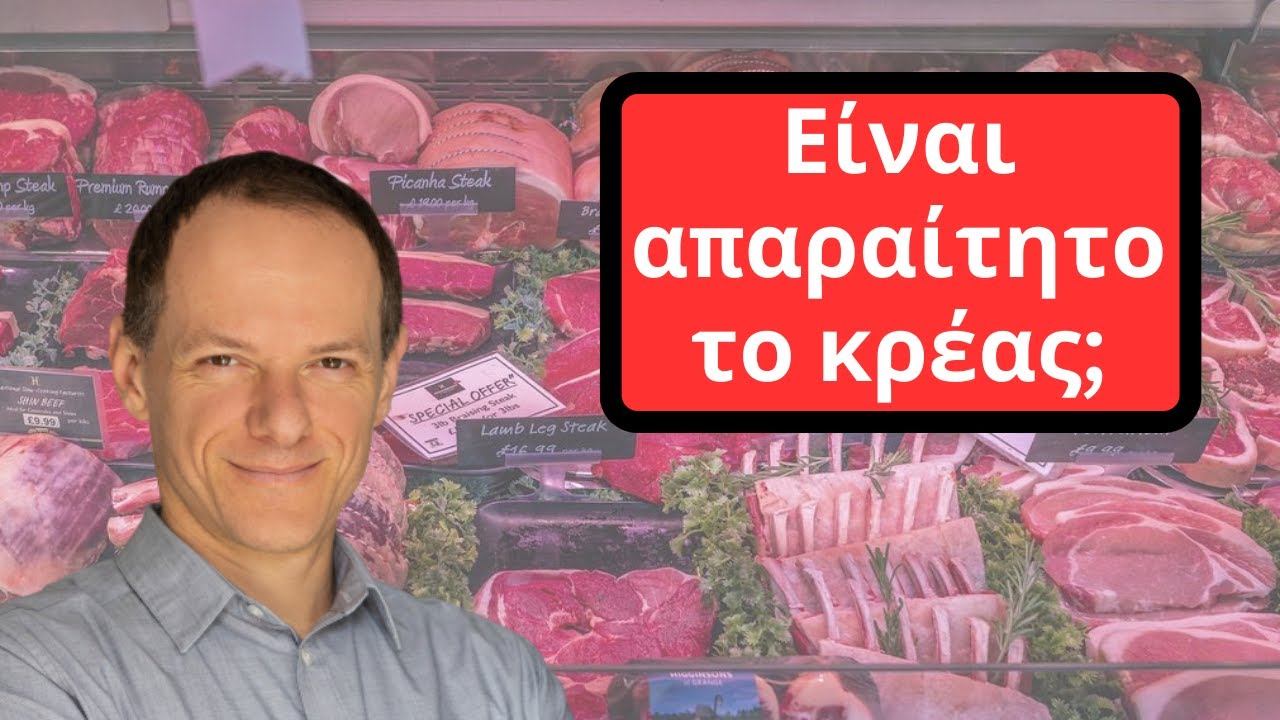
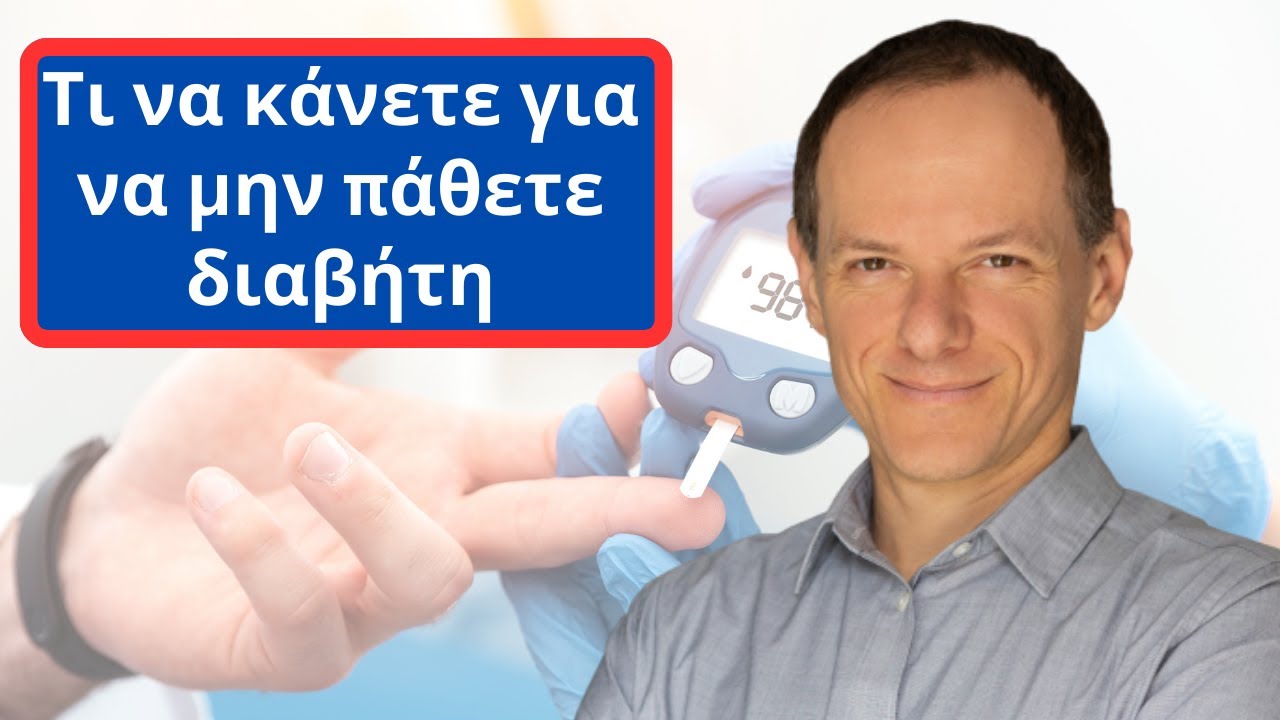
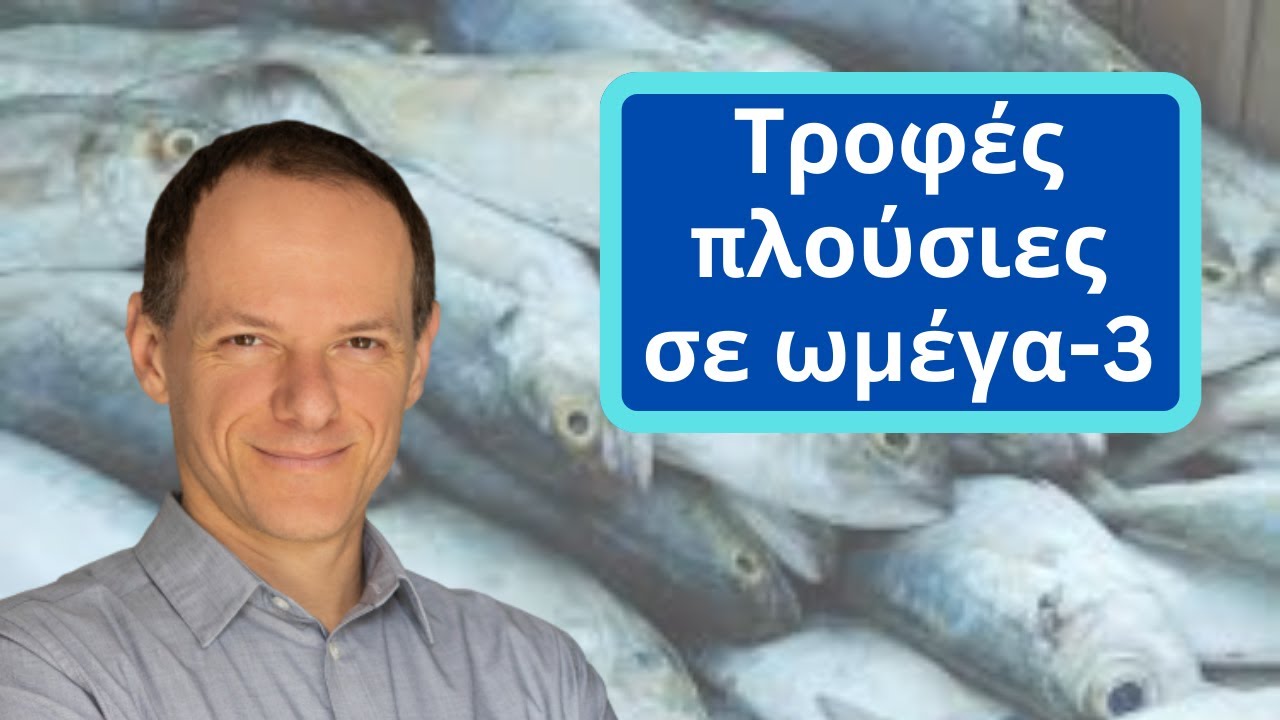

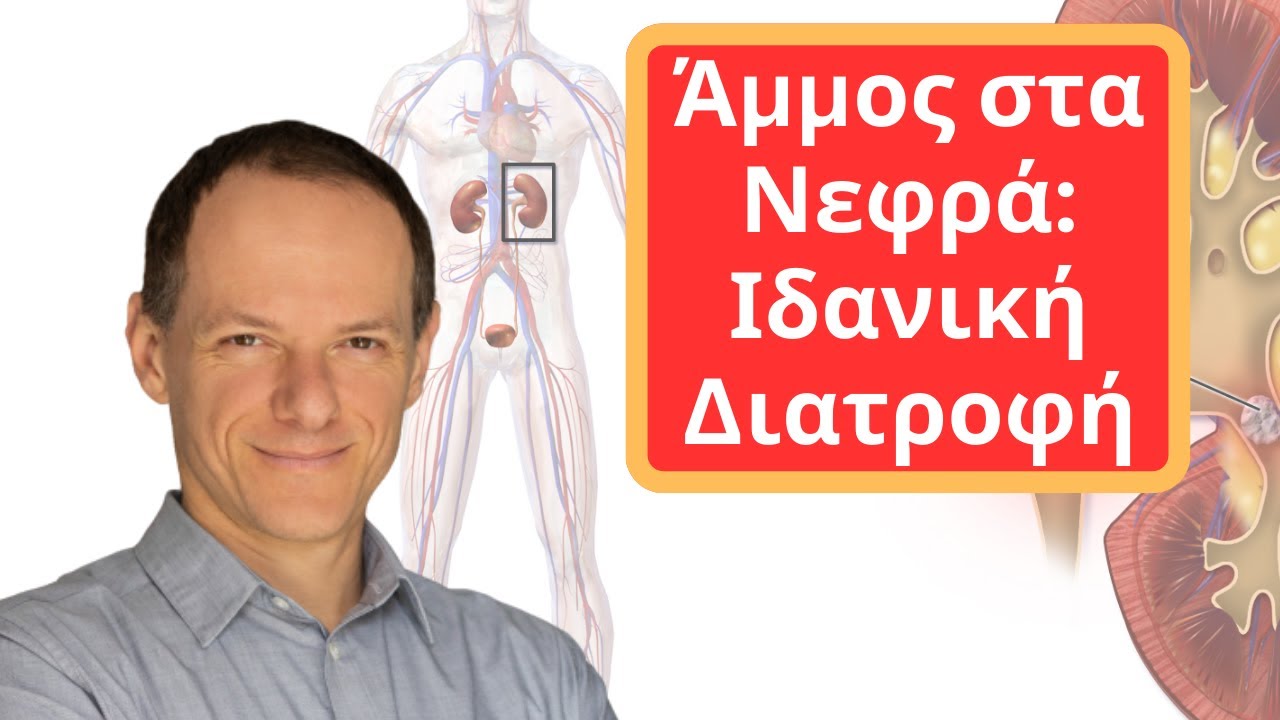



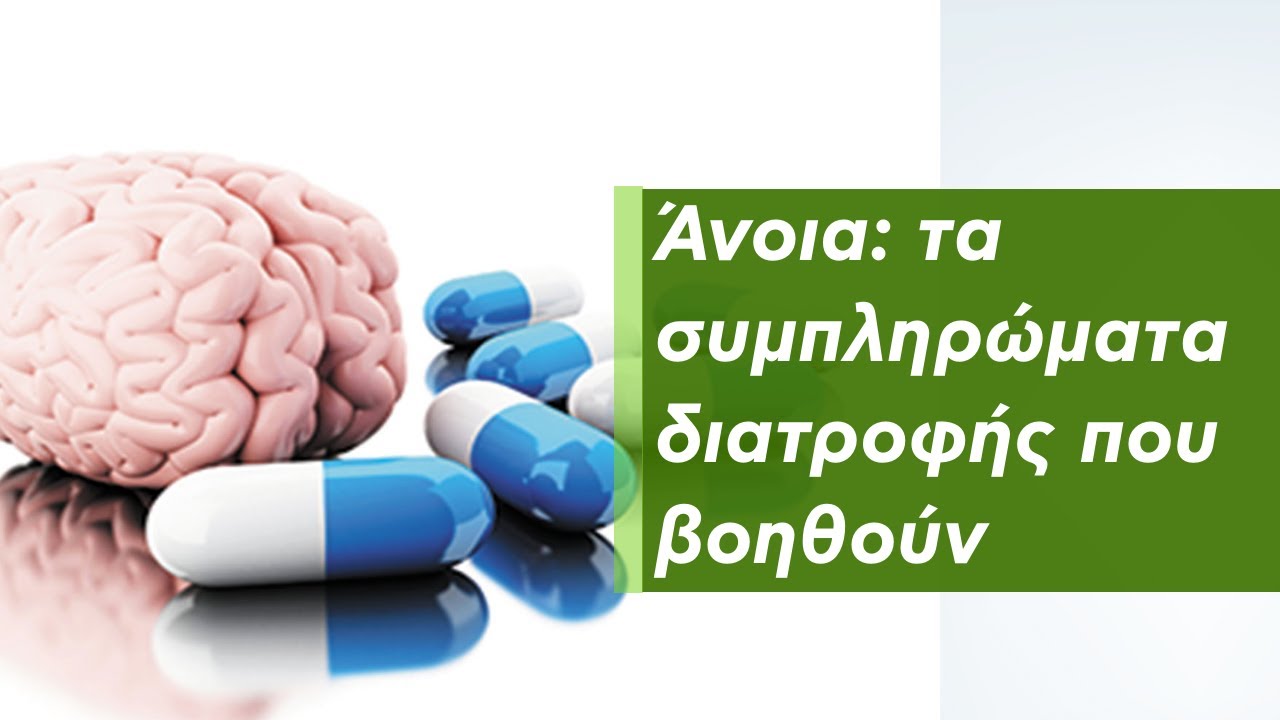
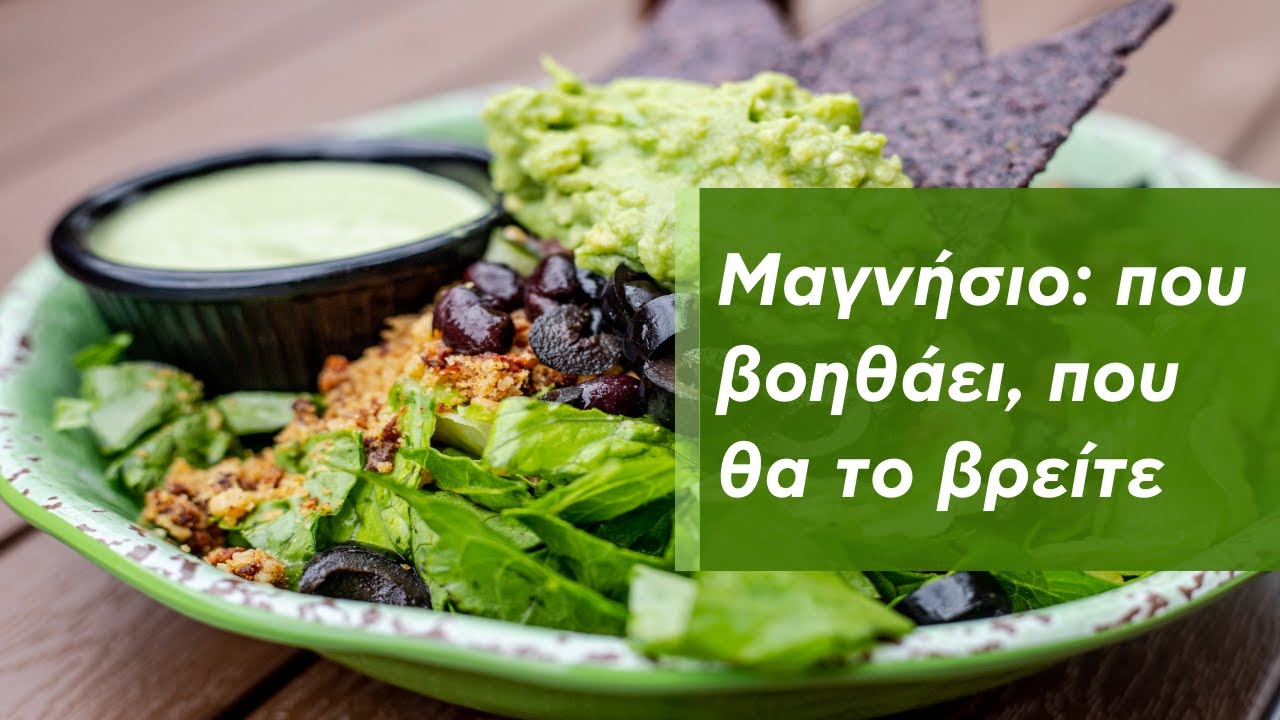
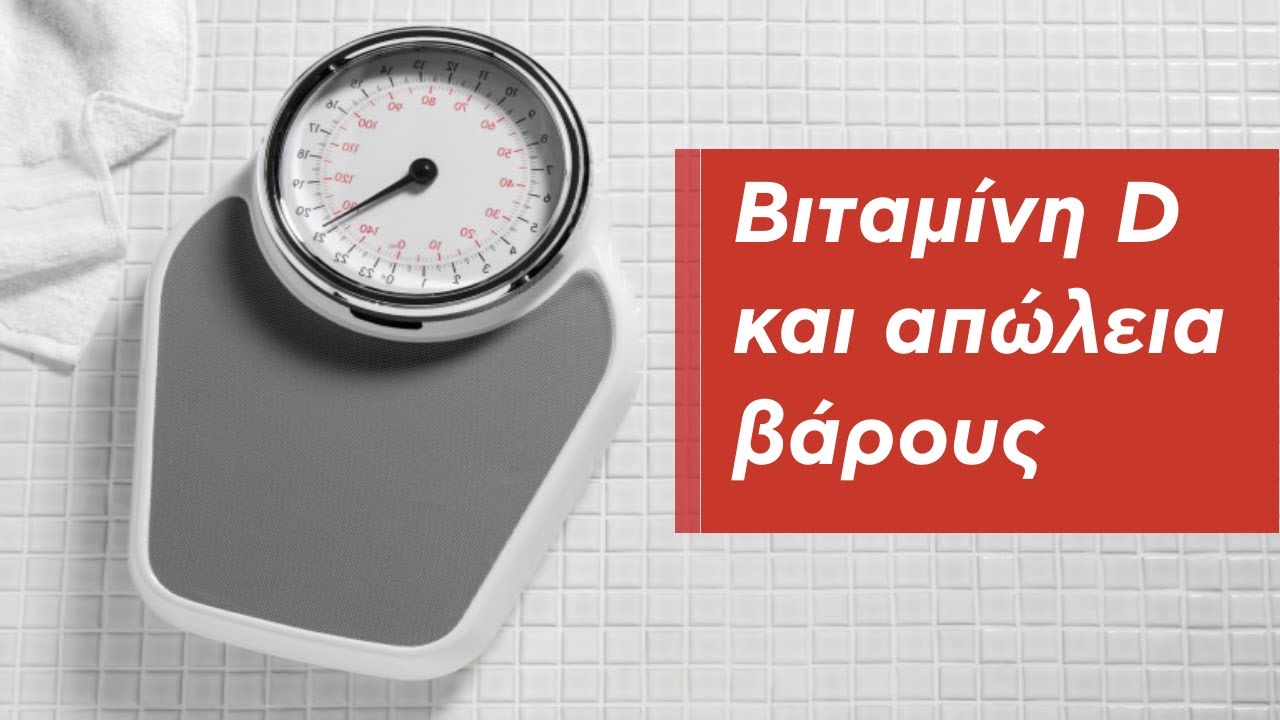


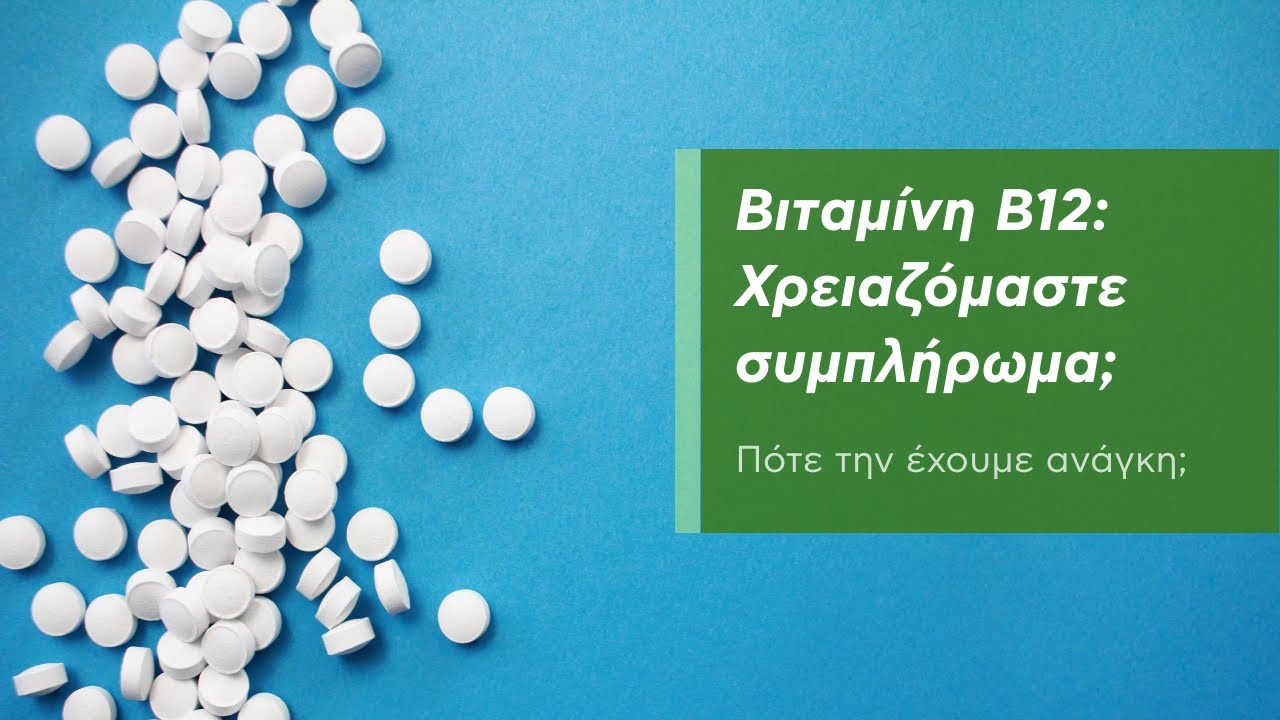
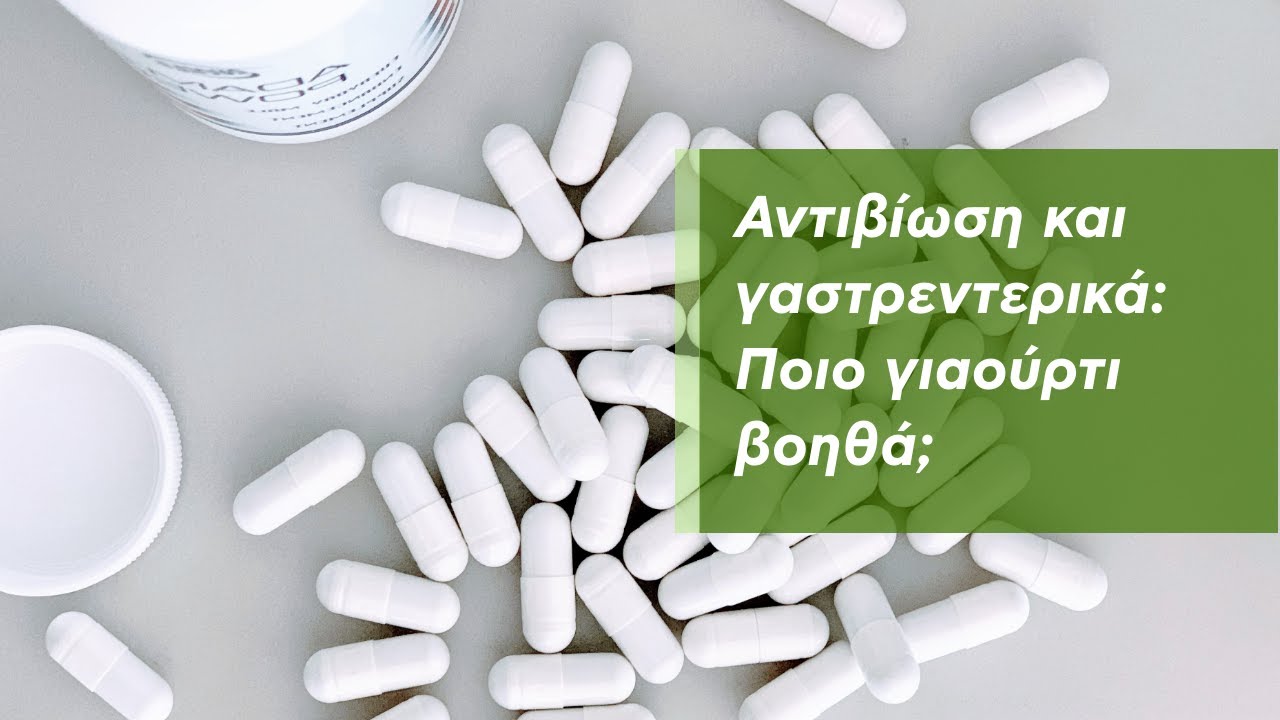

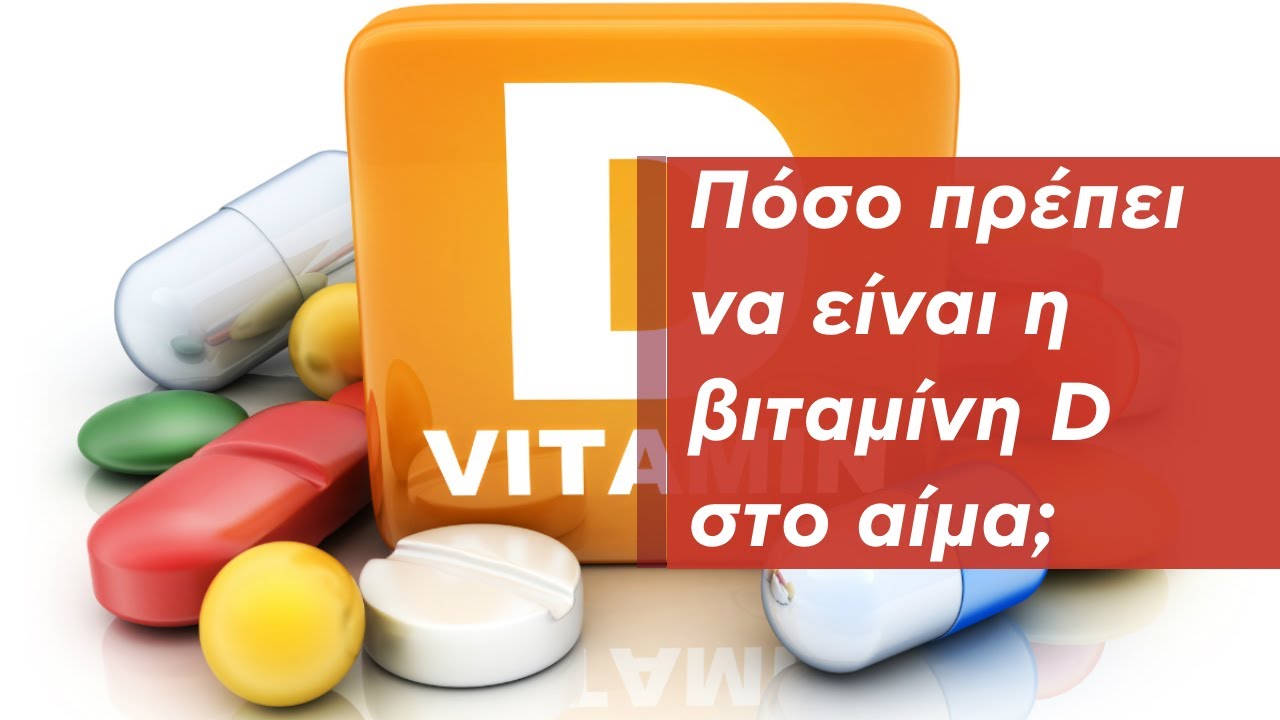
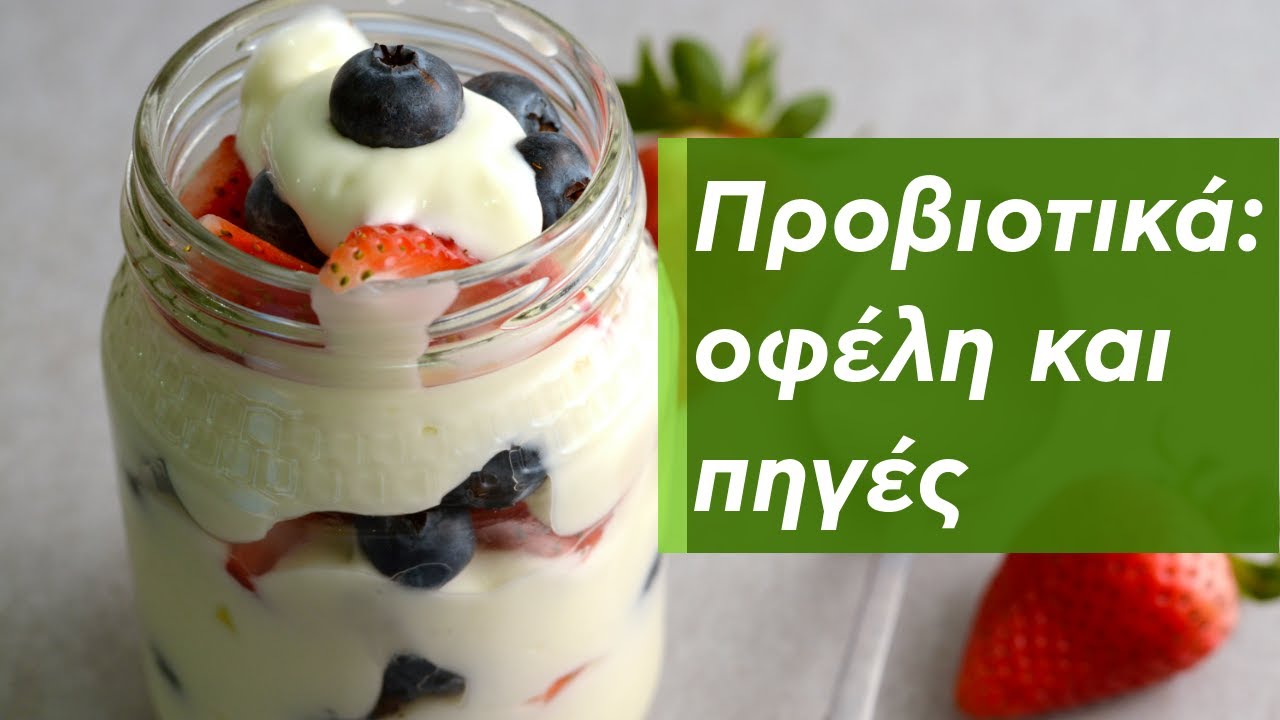
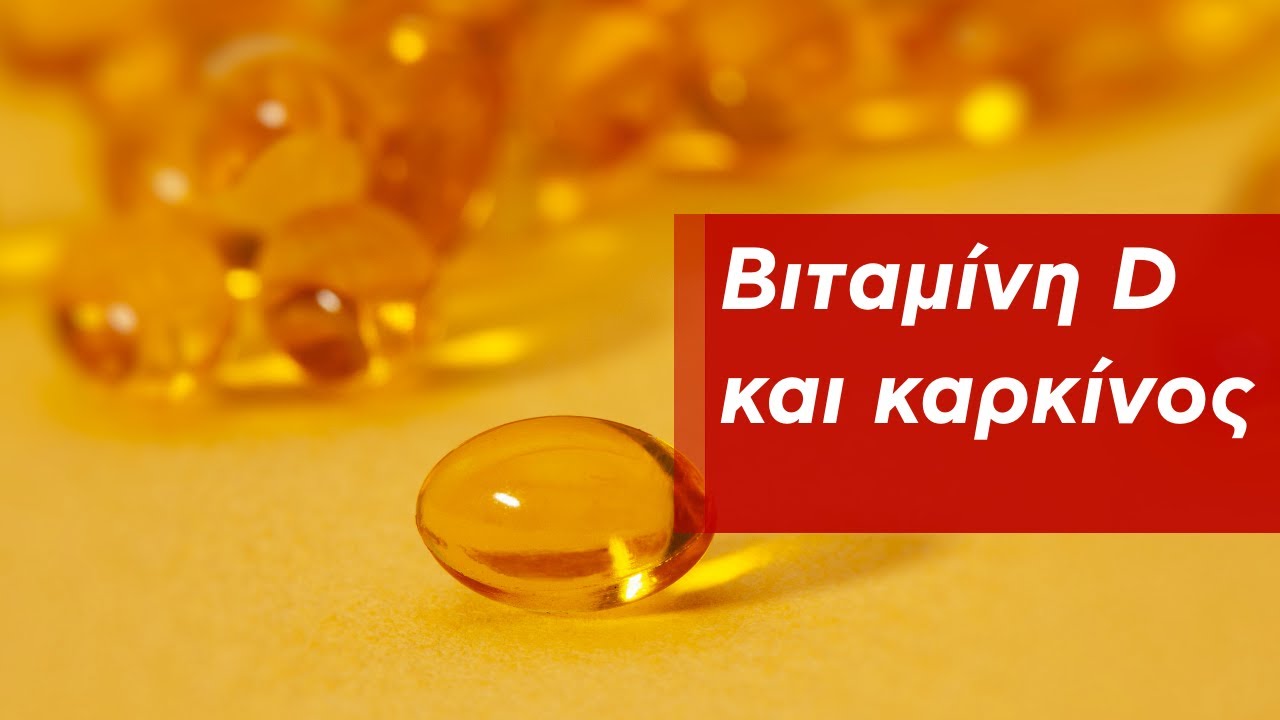
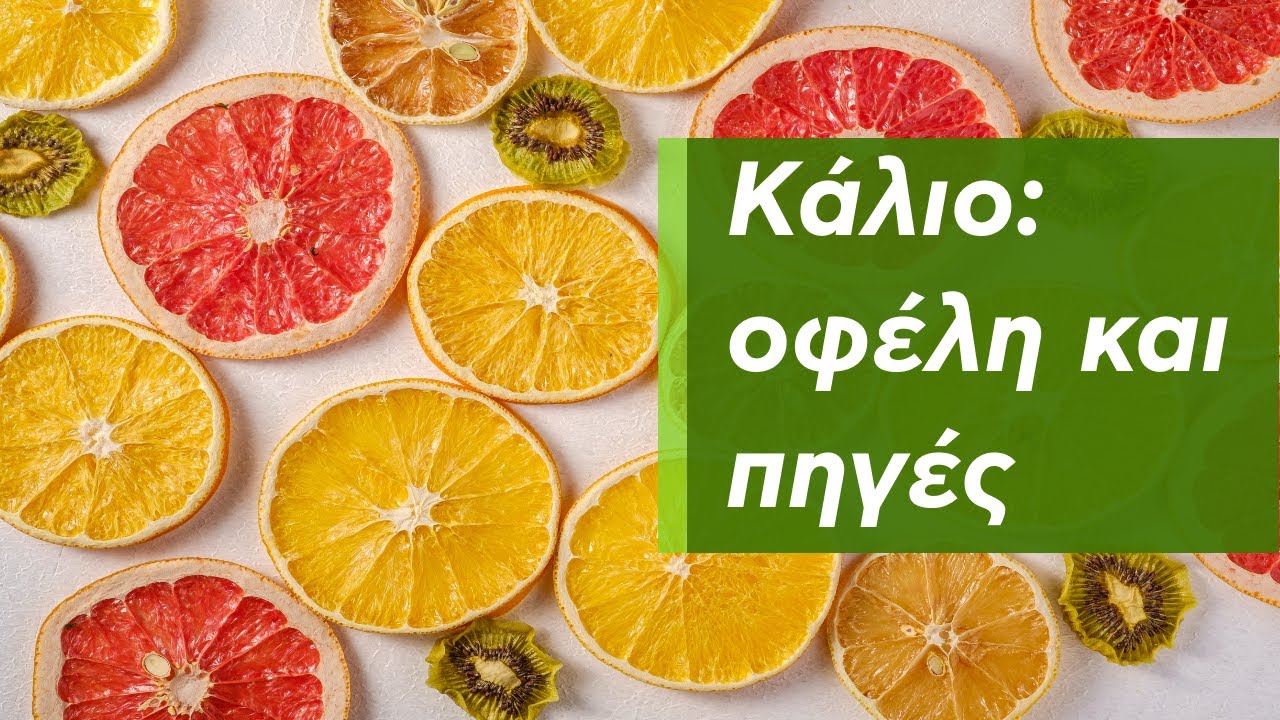
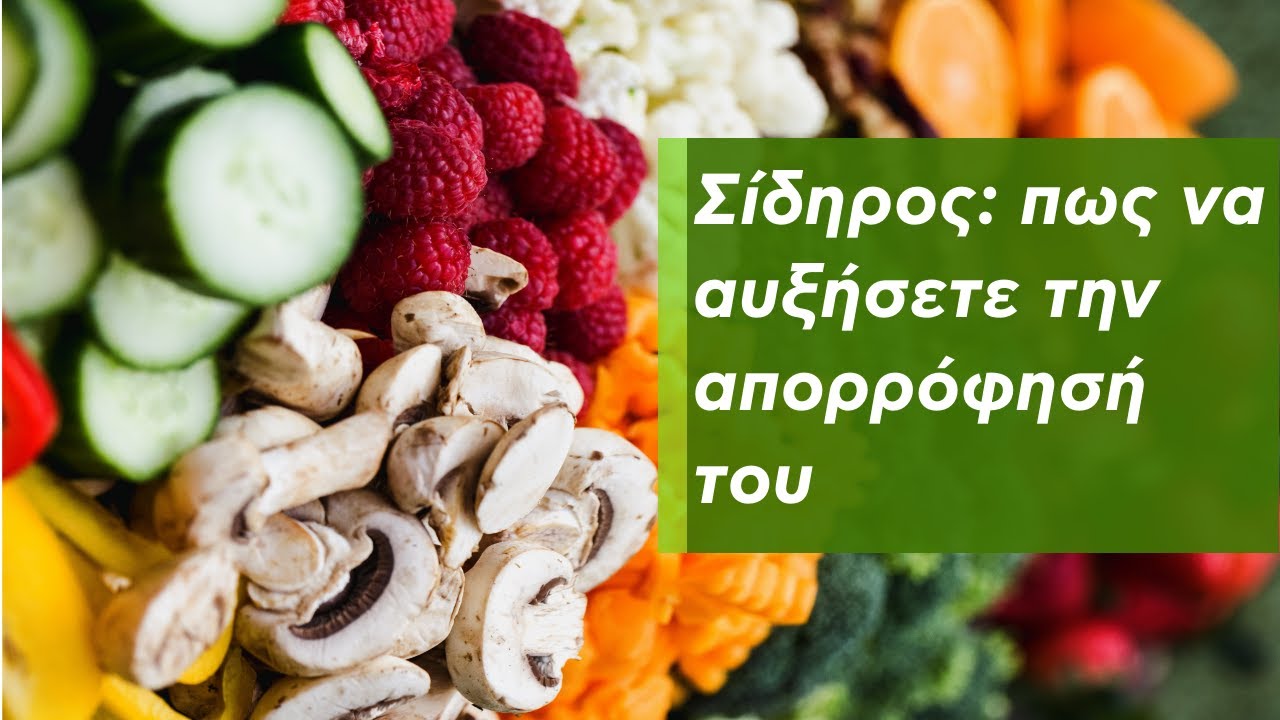
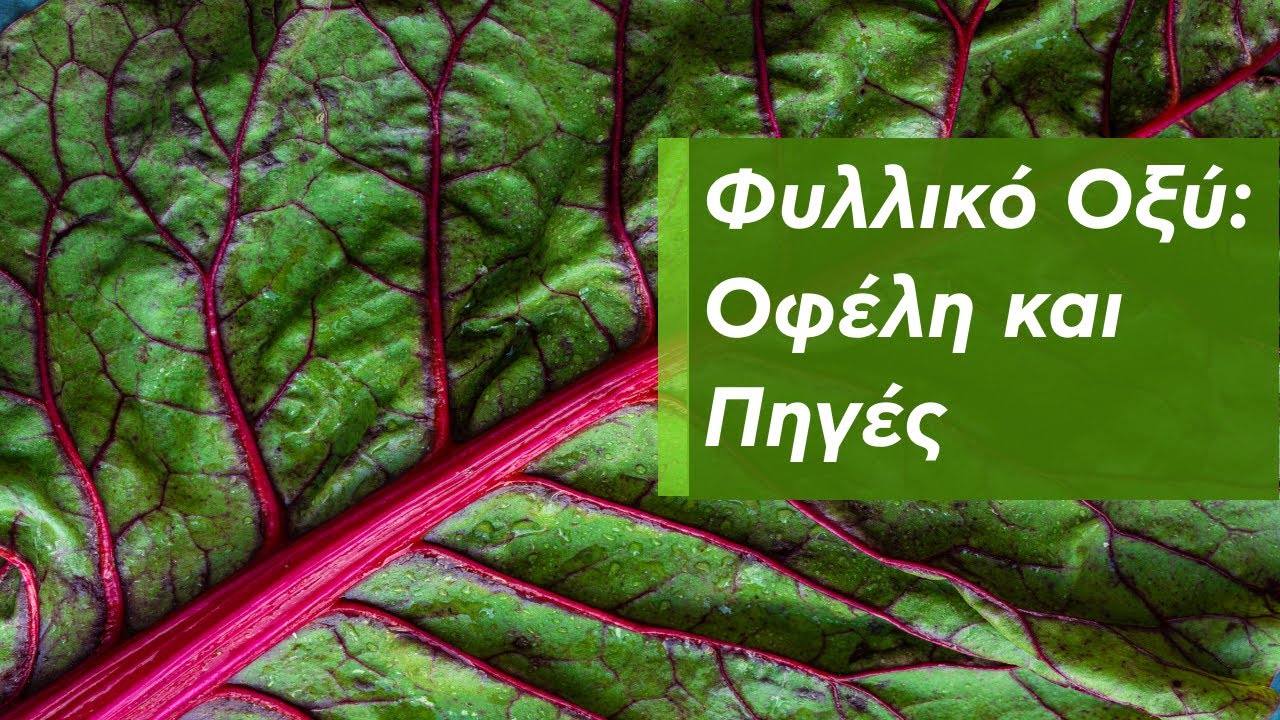
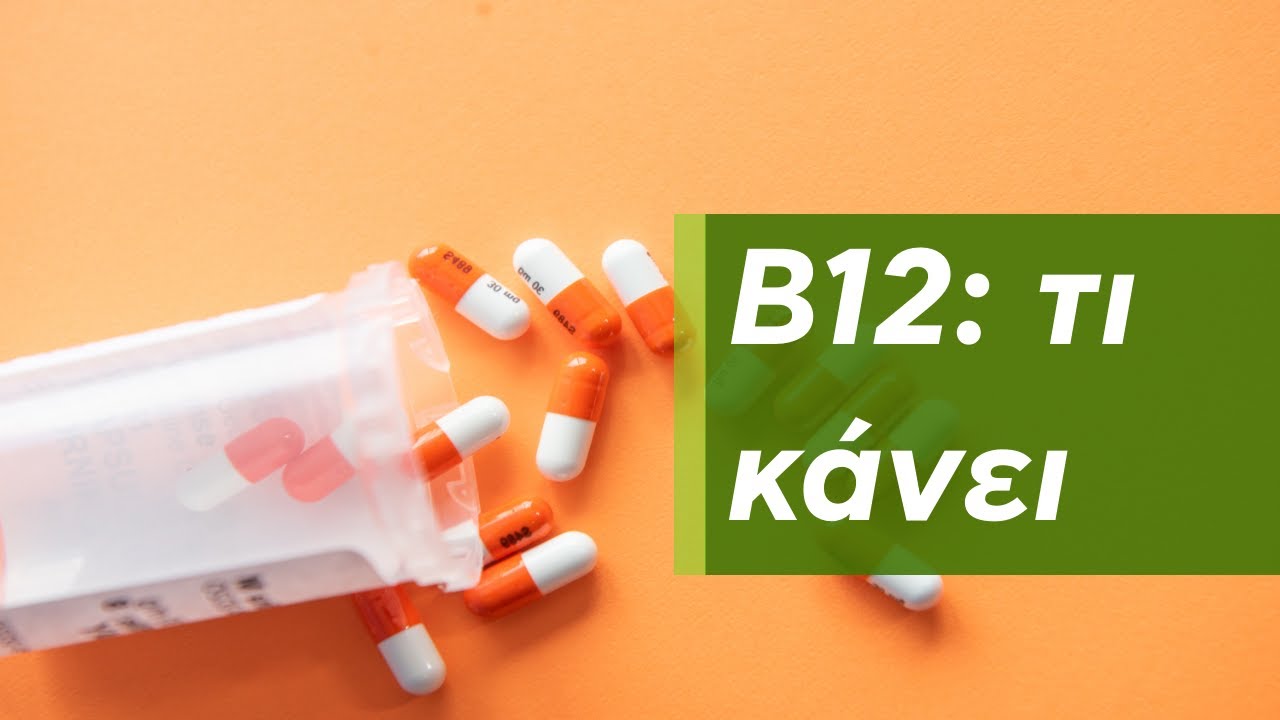



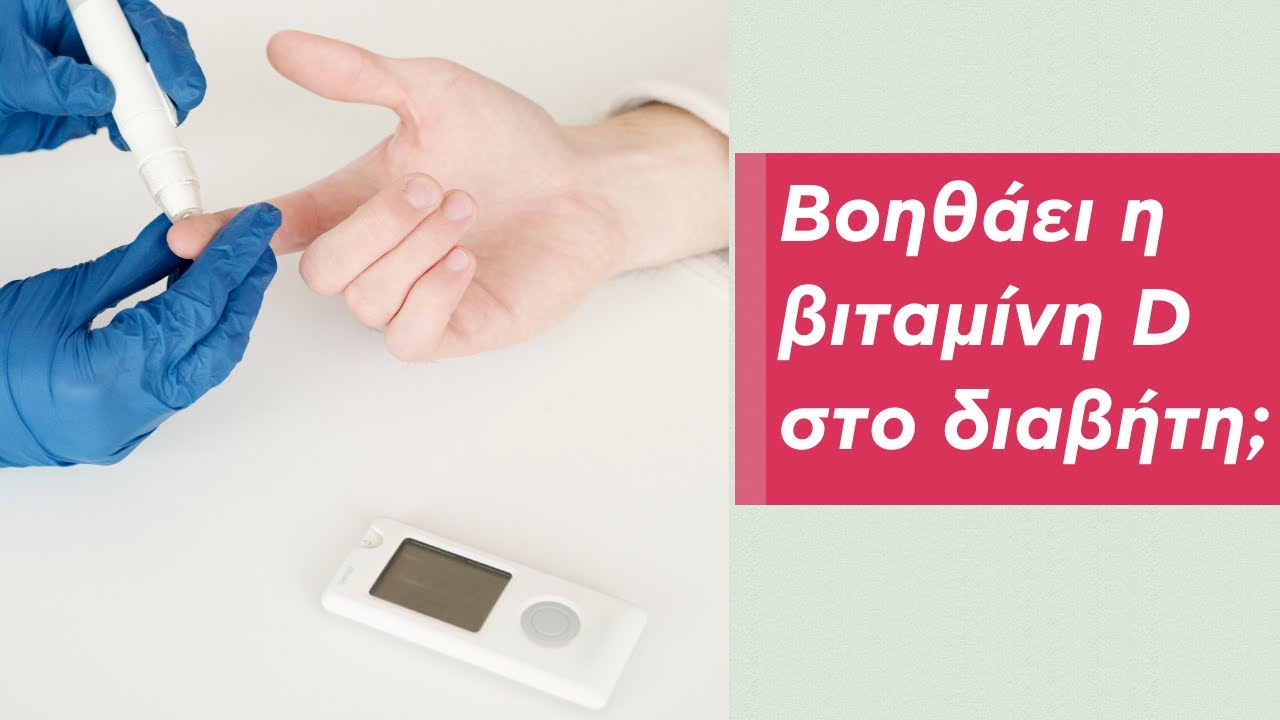
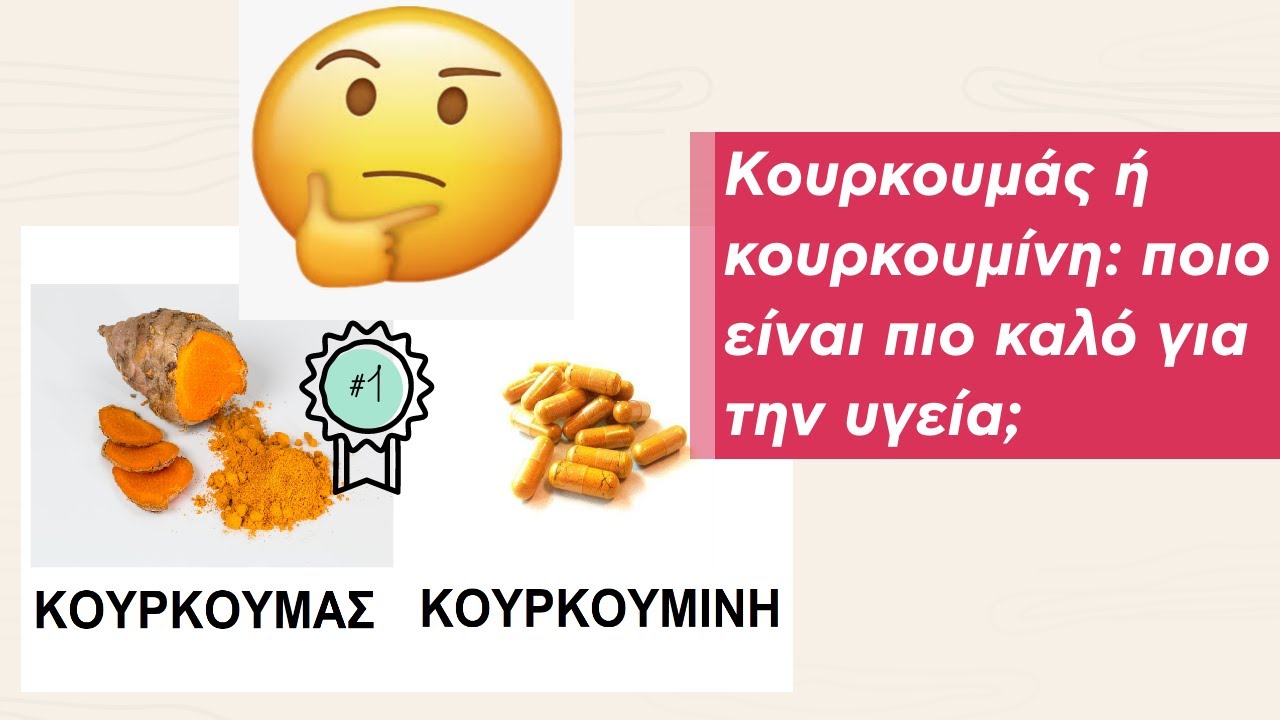
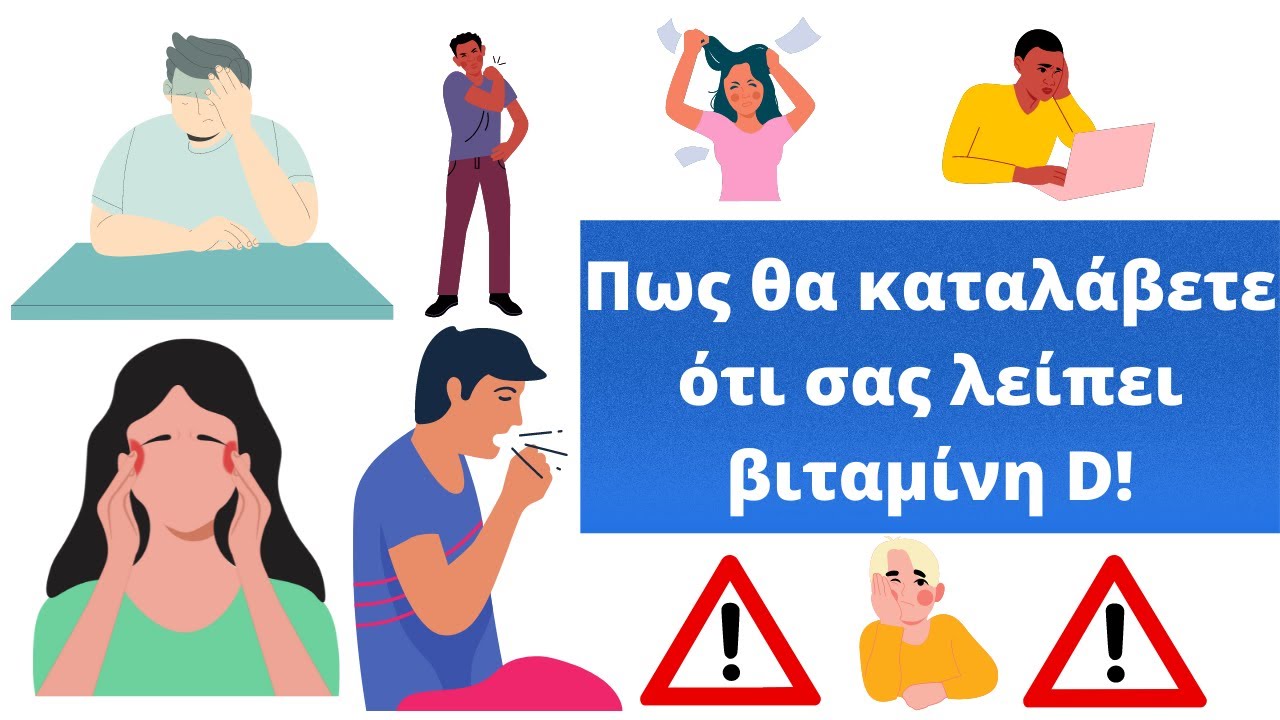

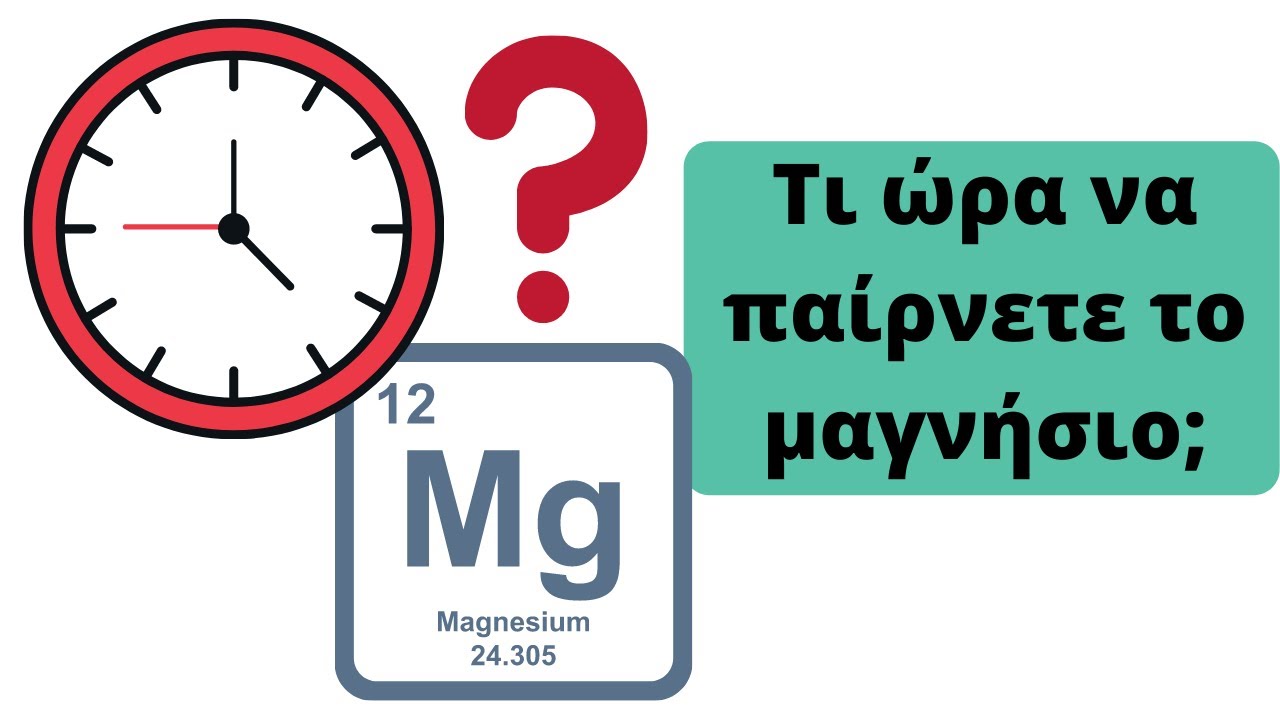
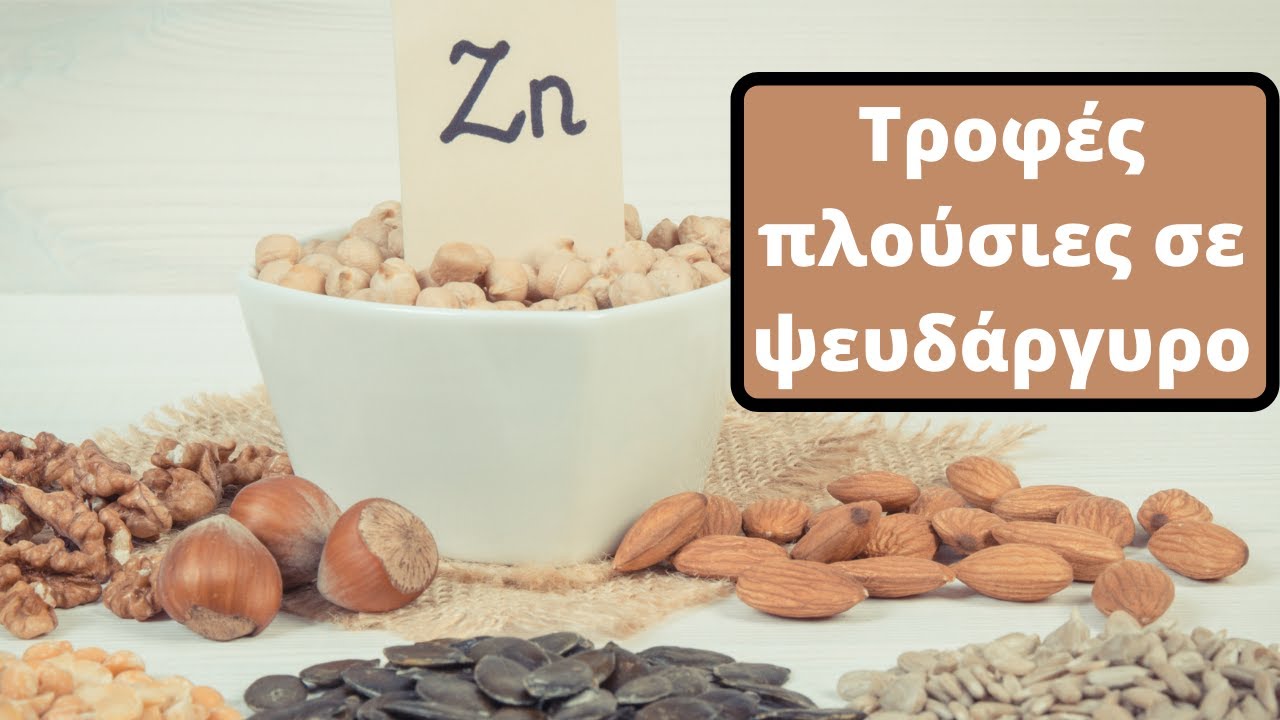
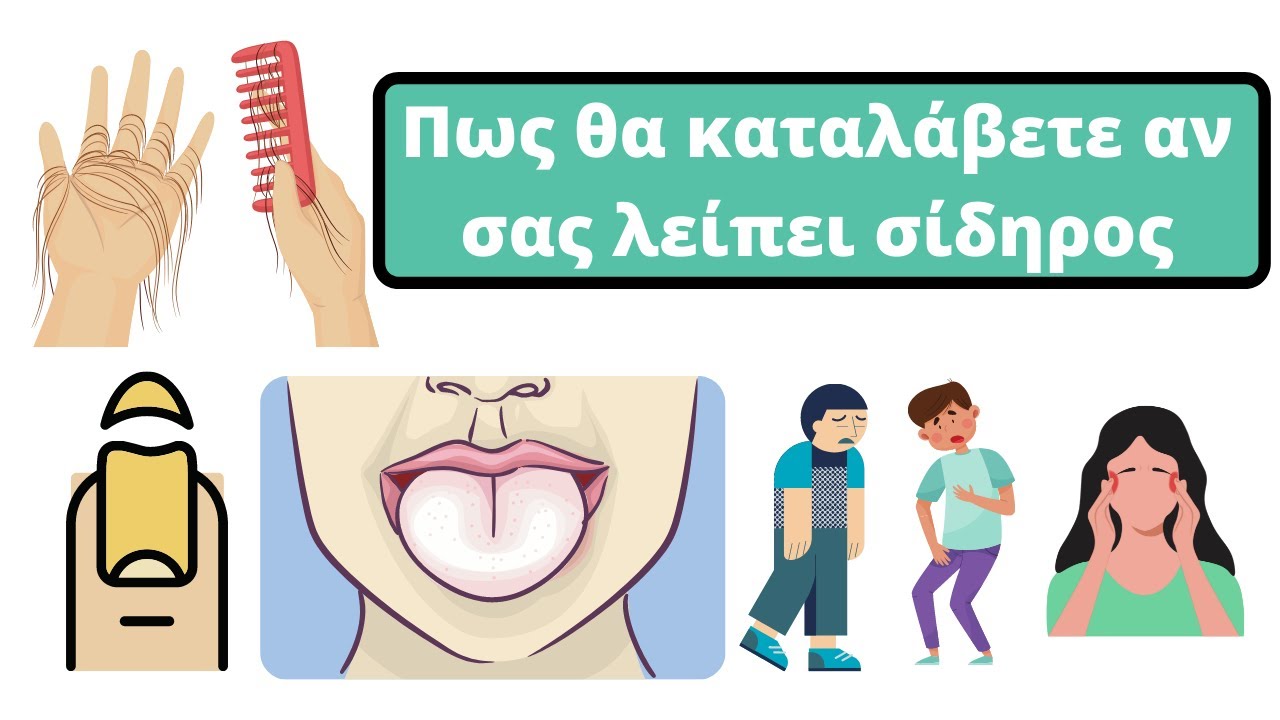
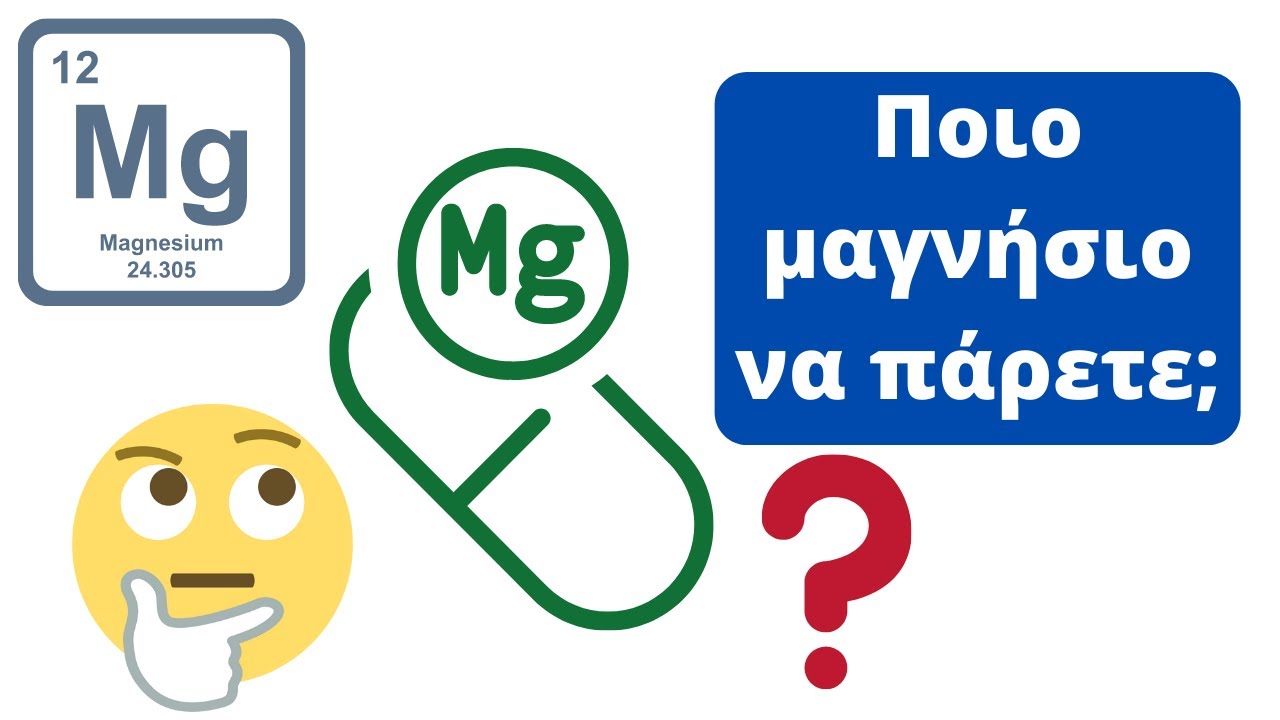
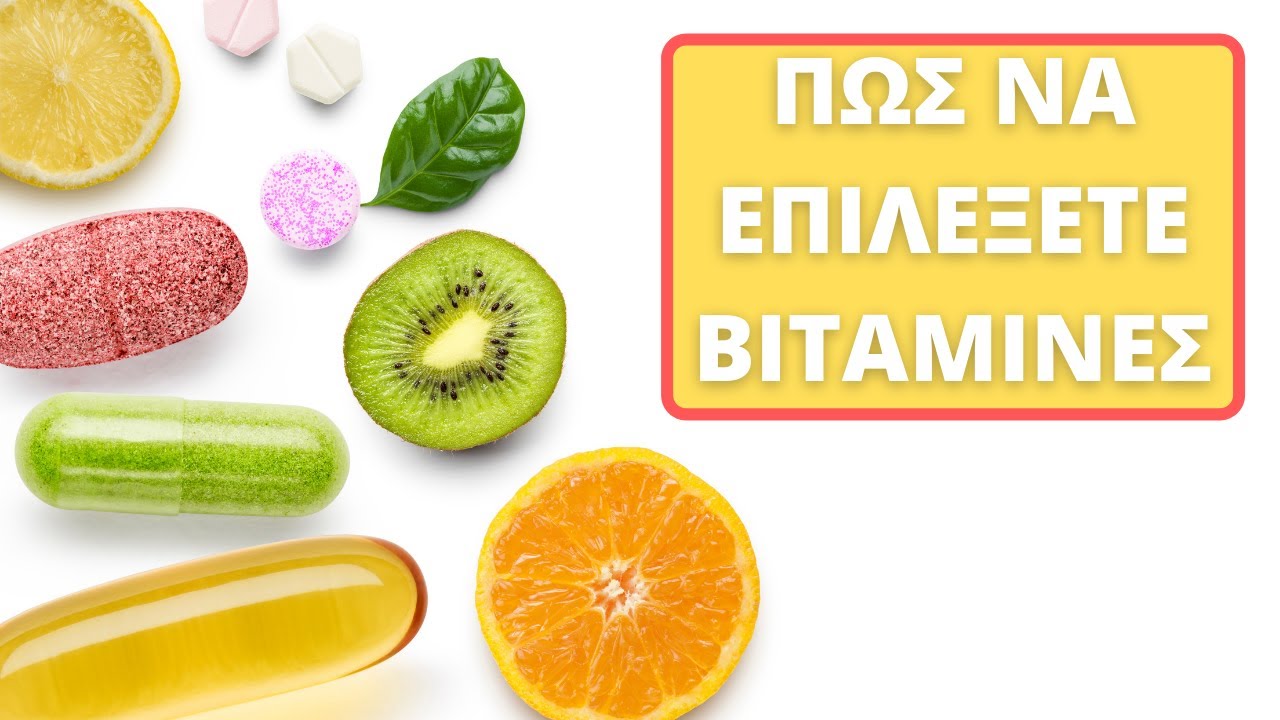

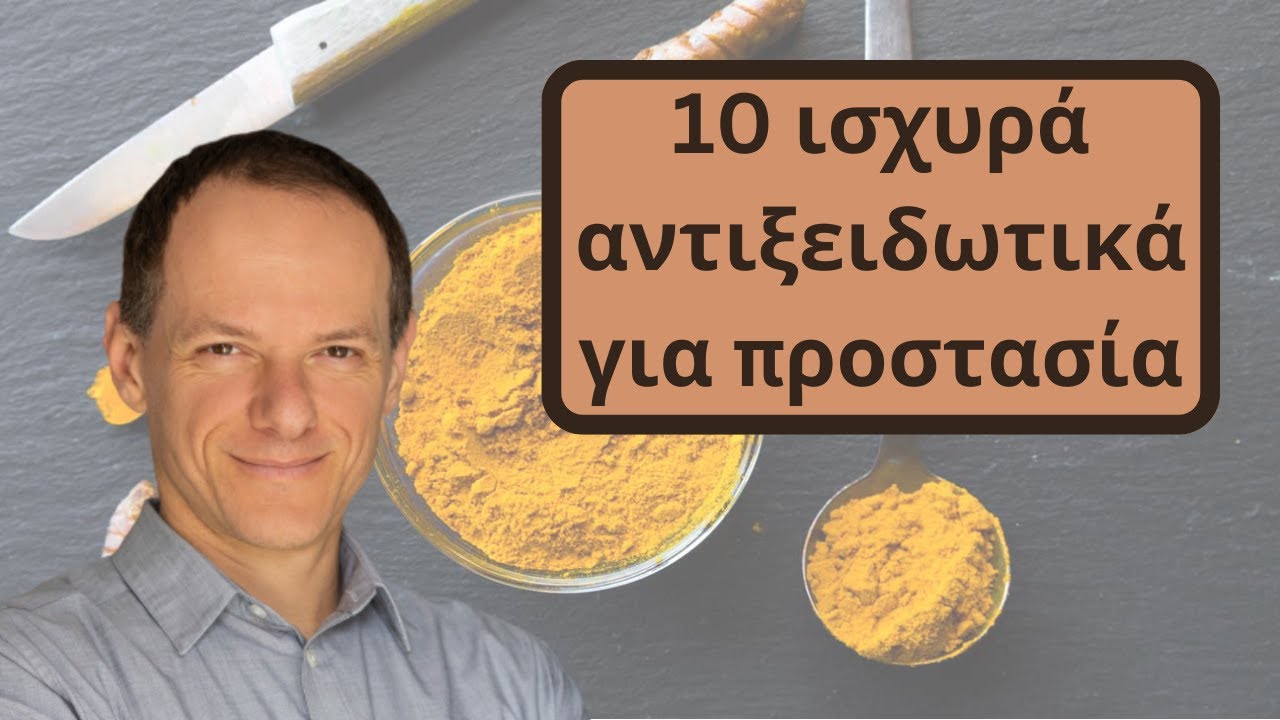

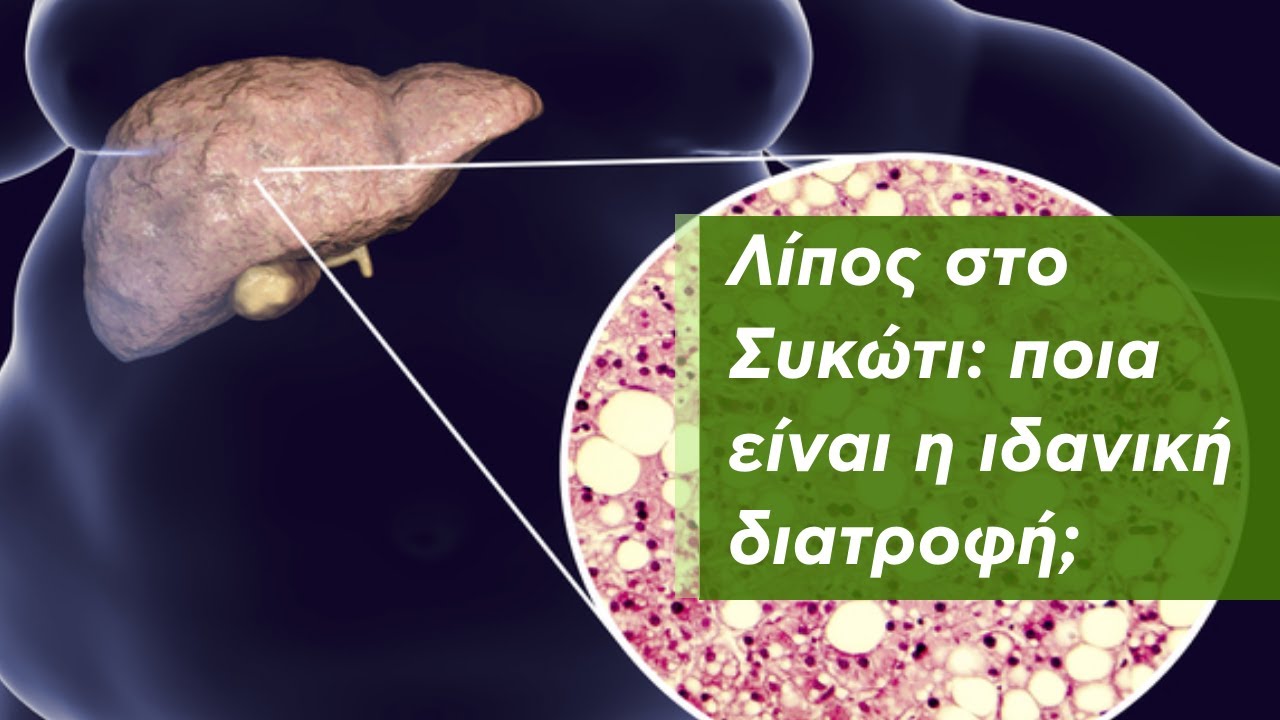
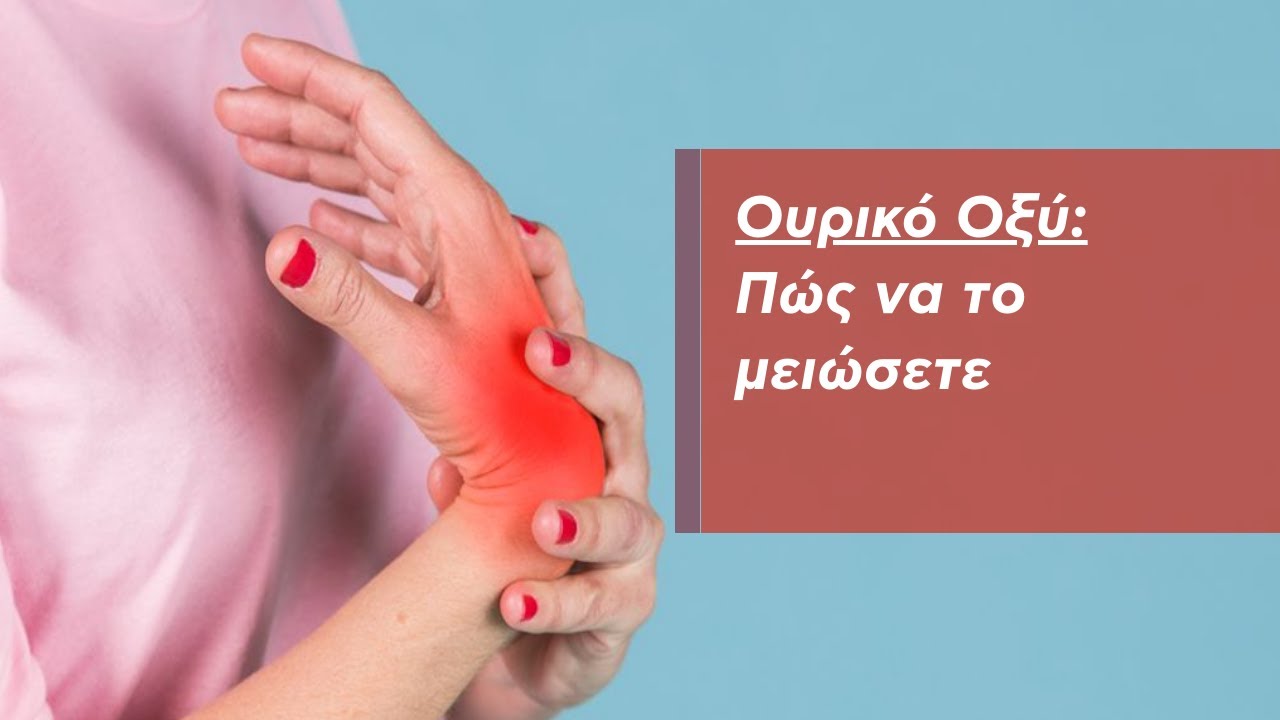
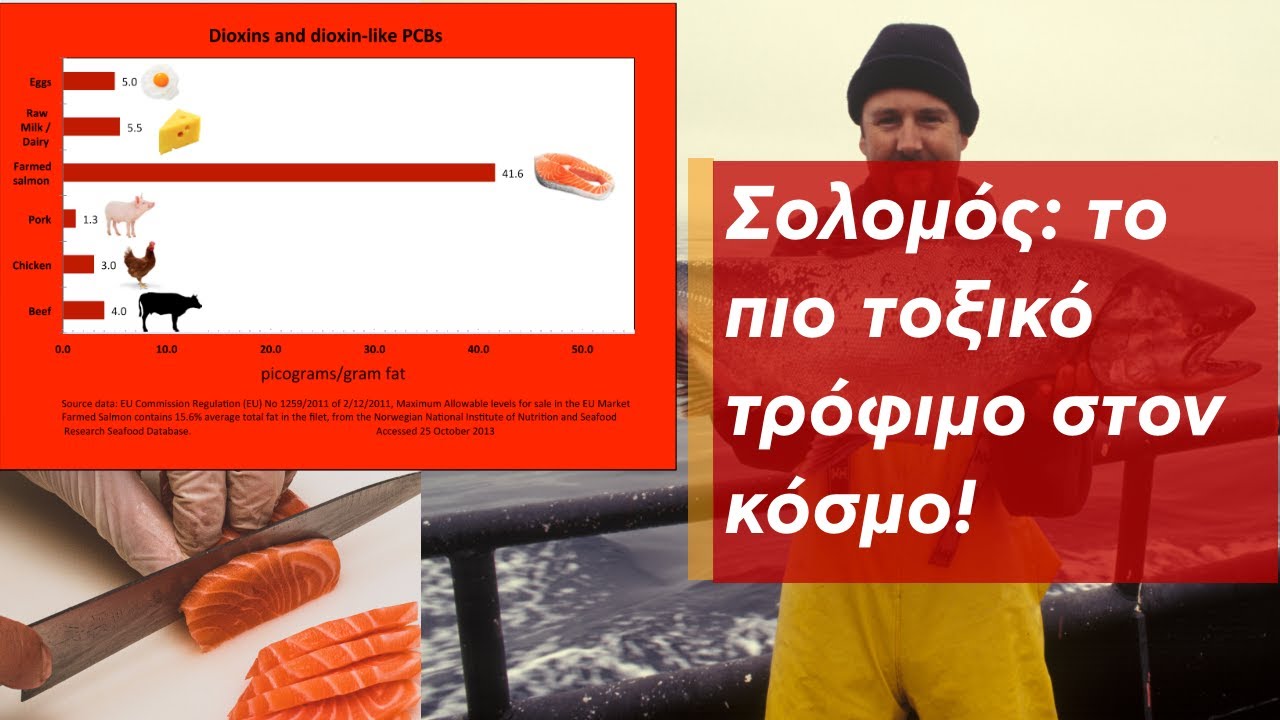
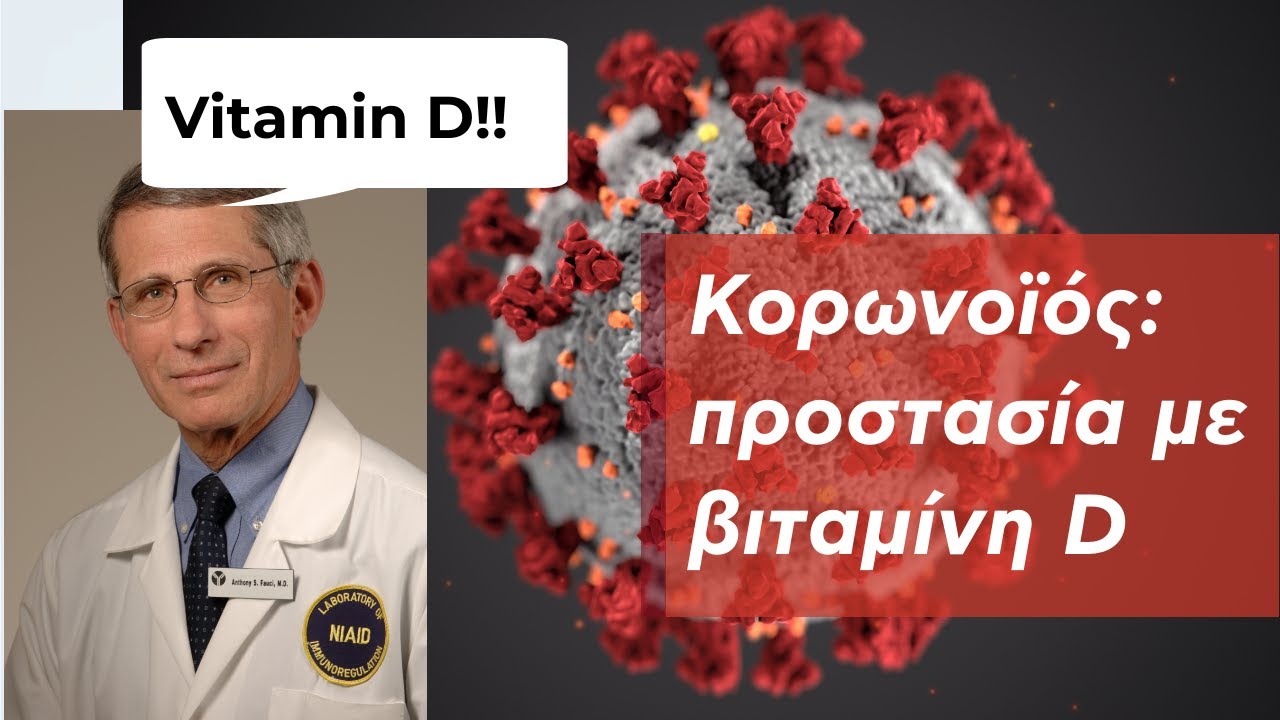



0 Σχόλια